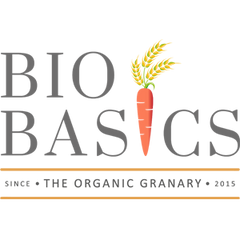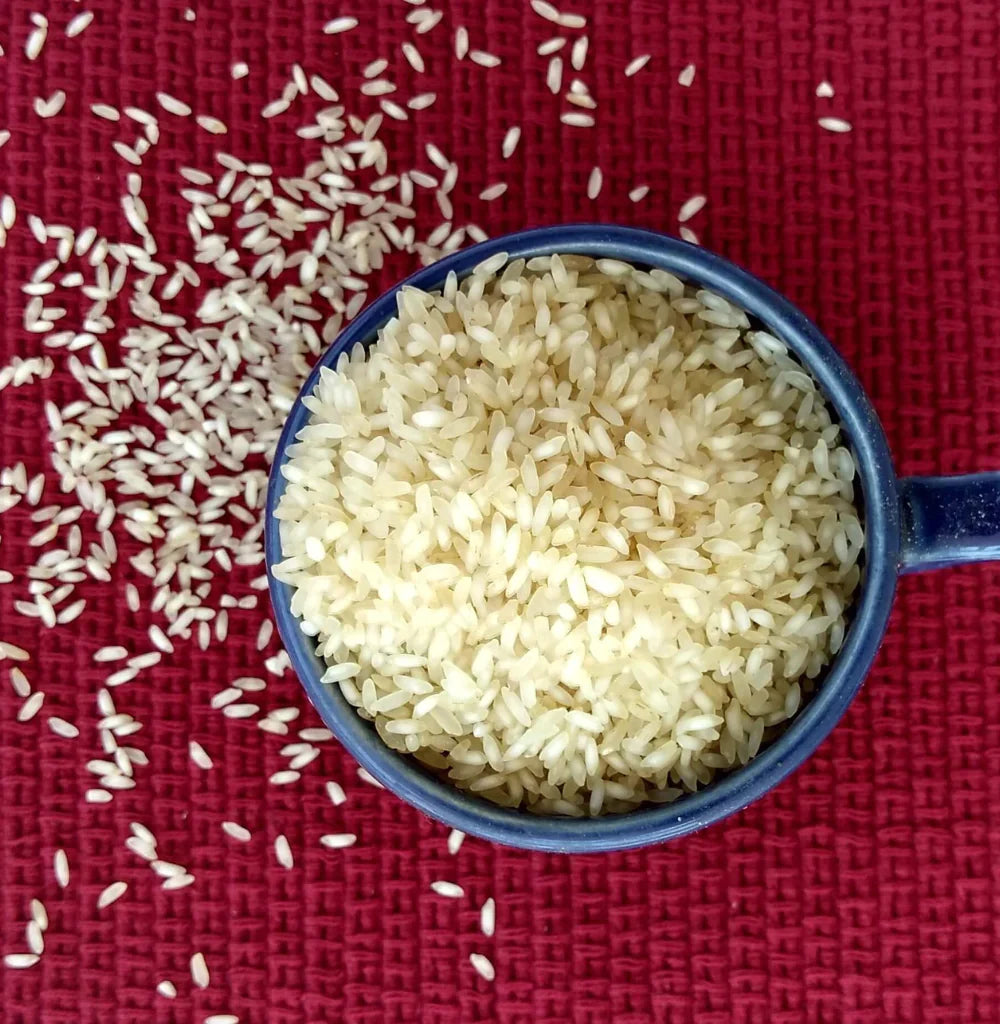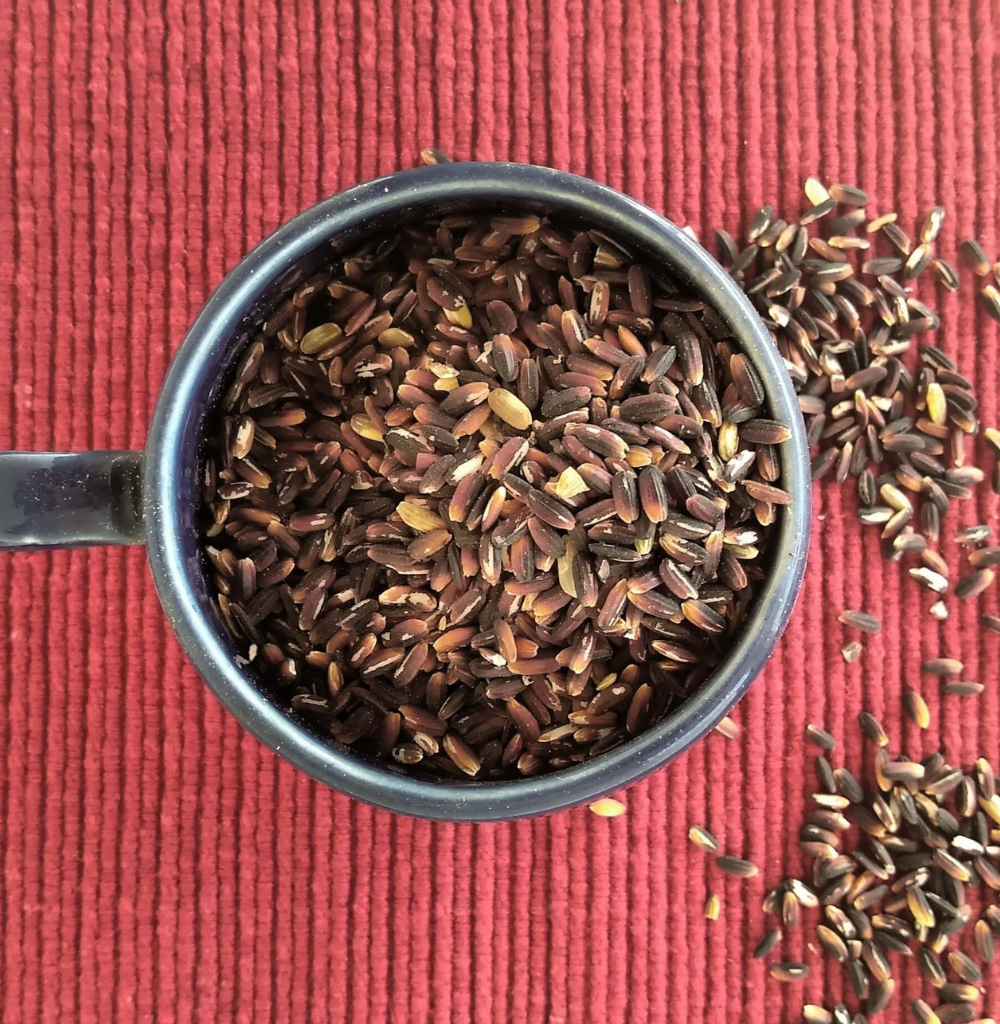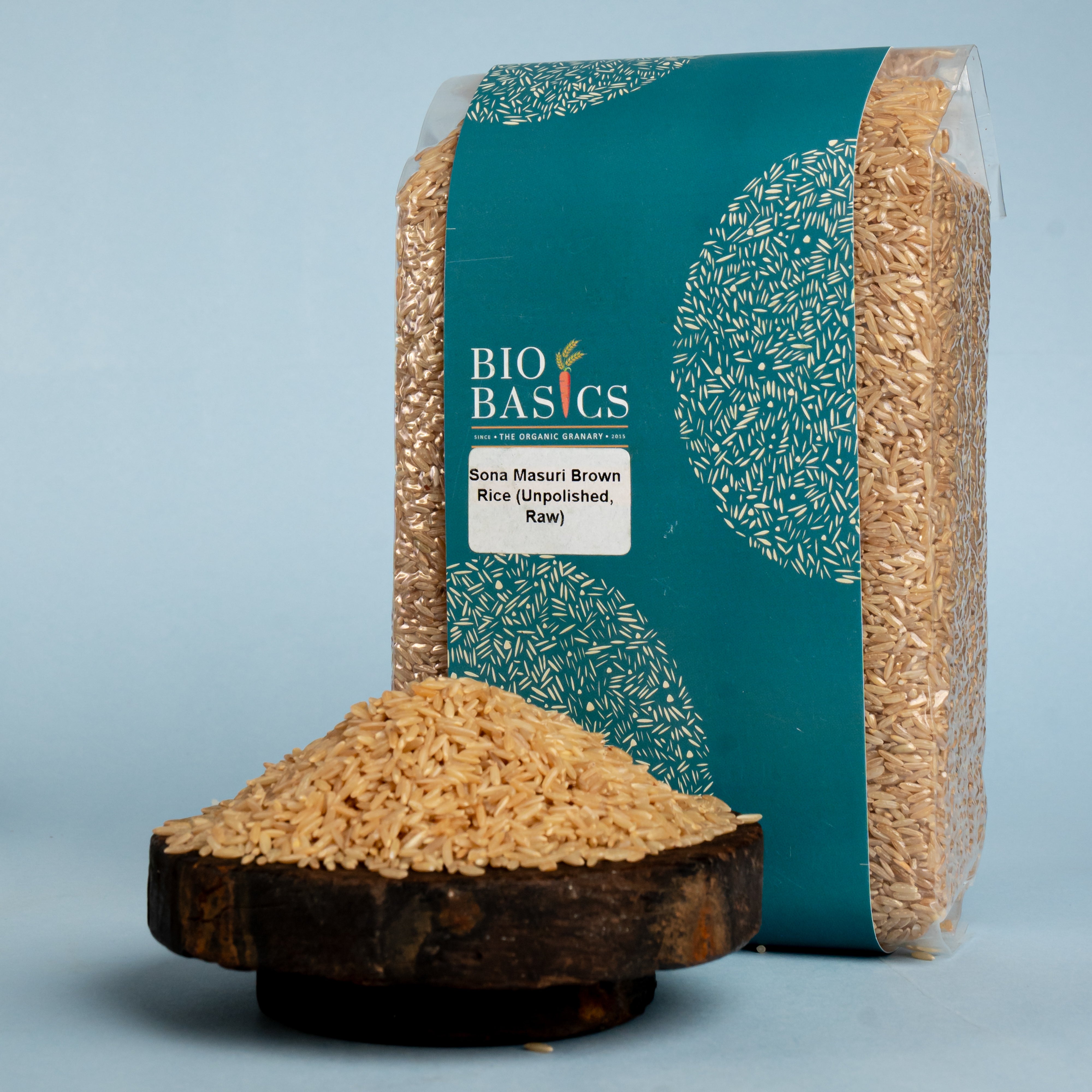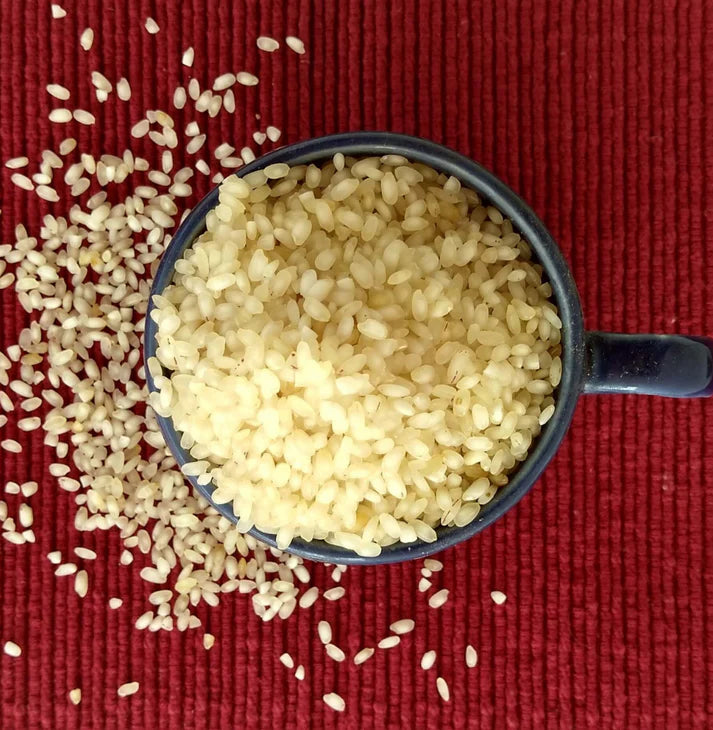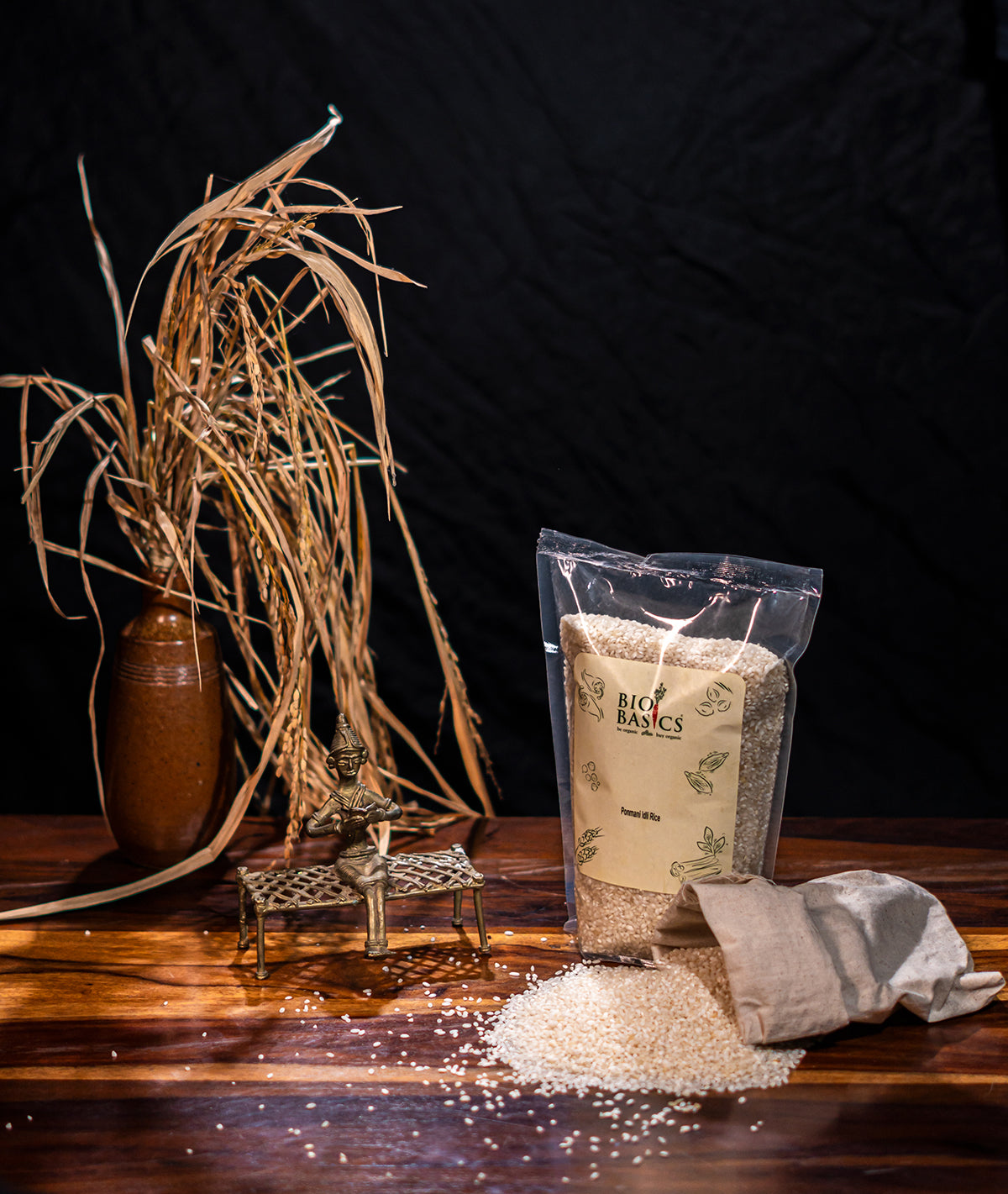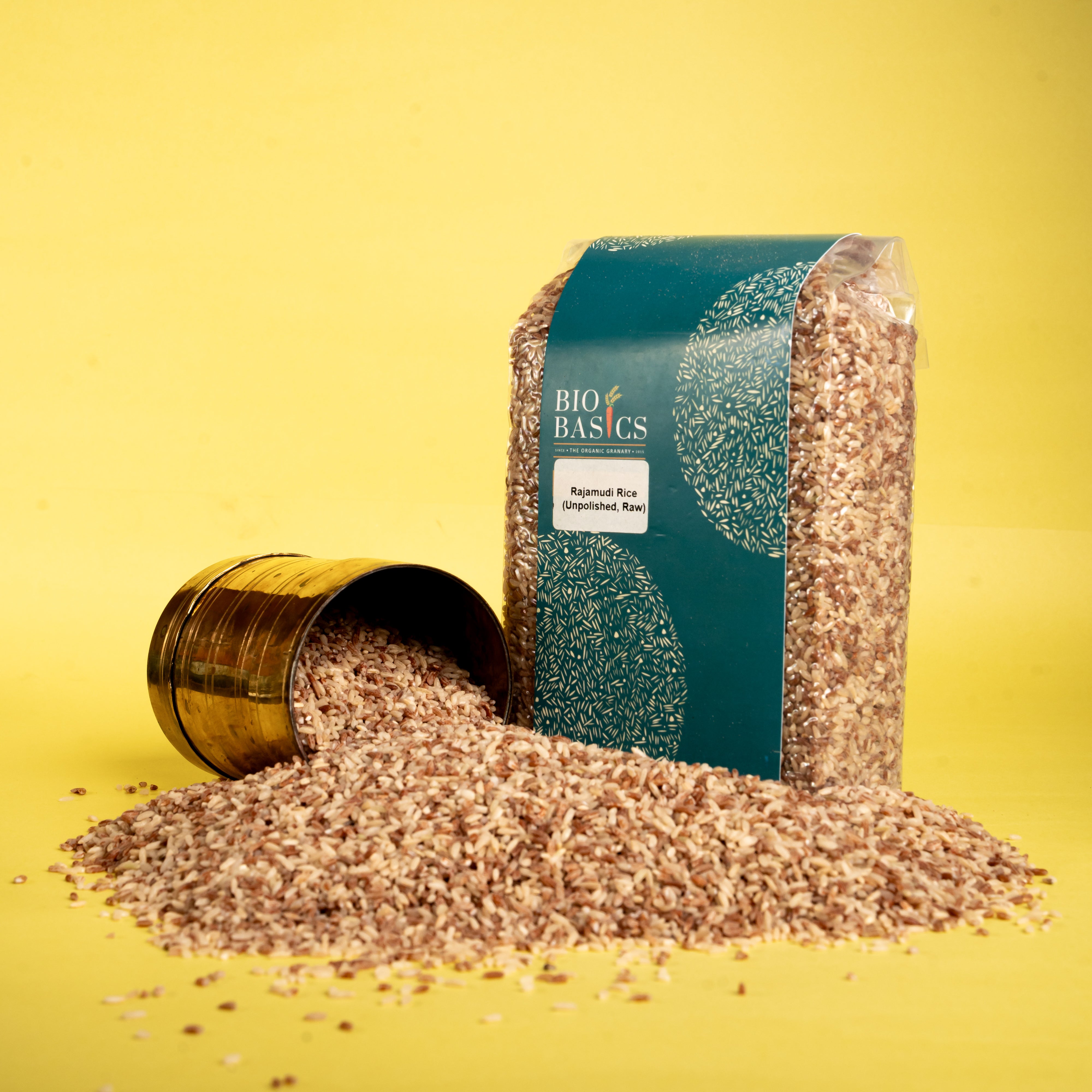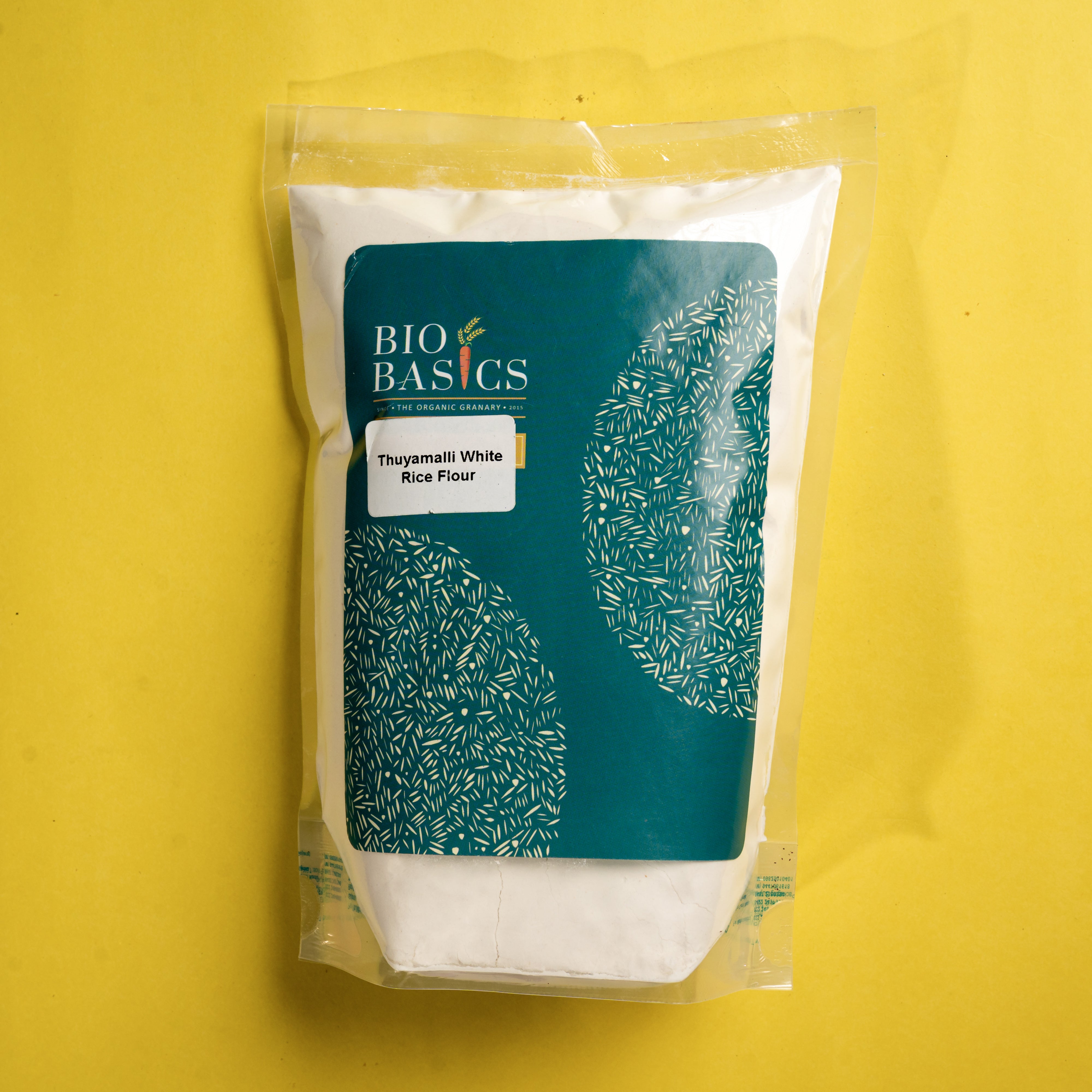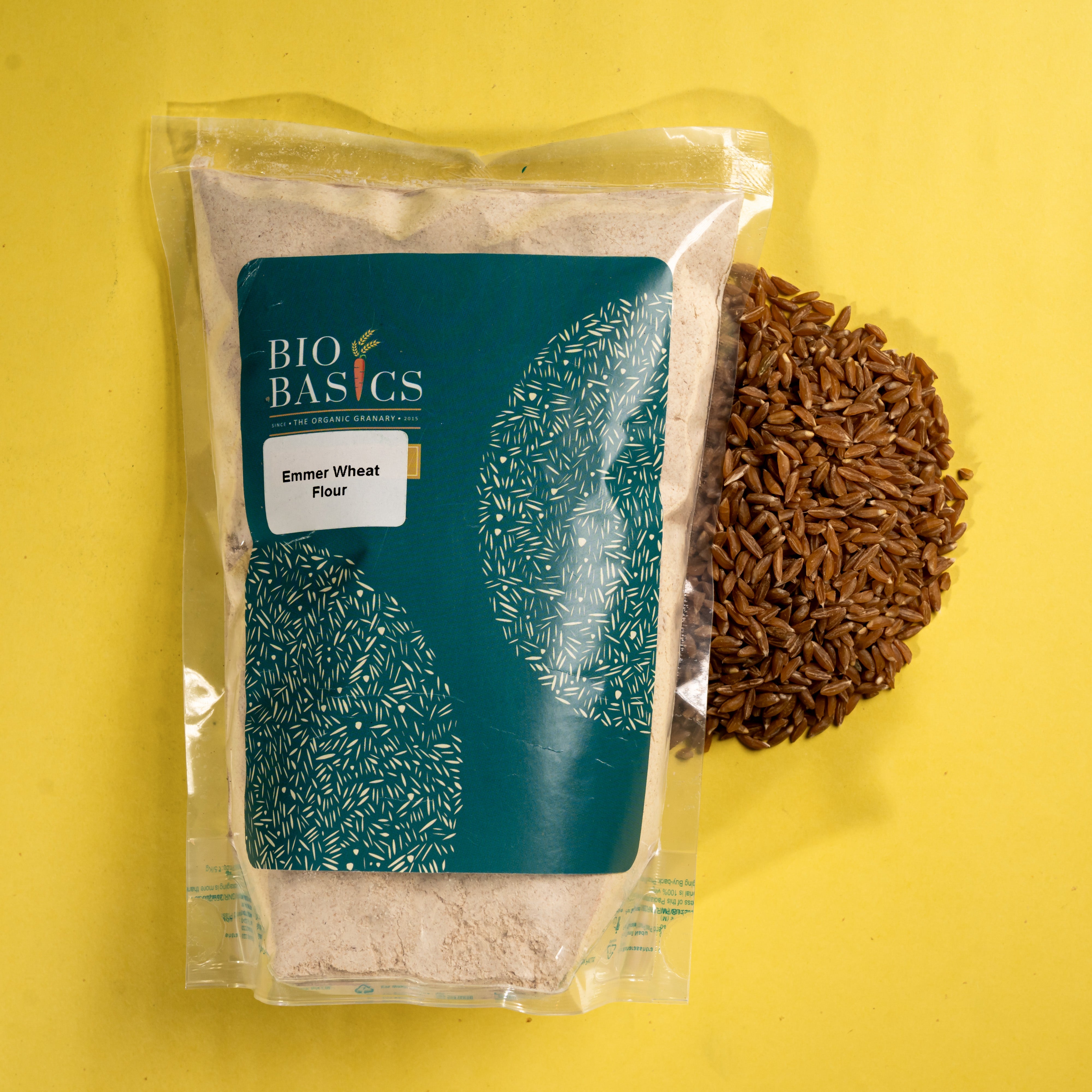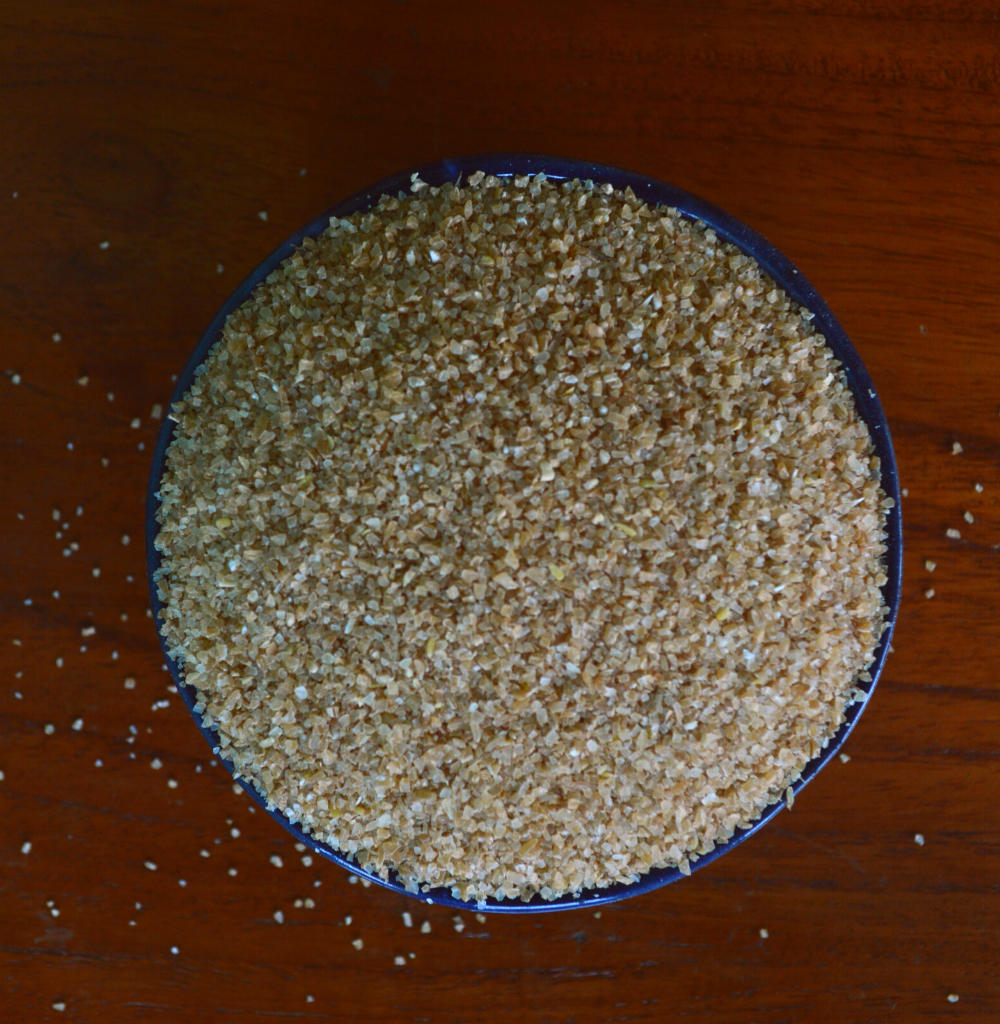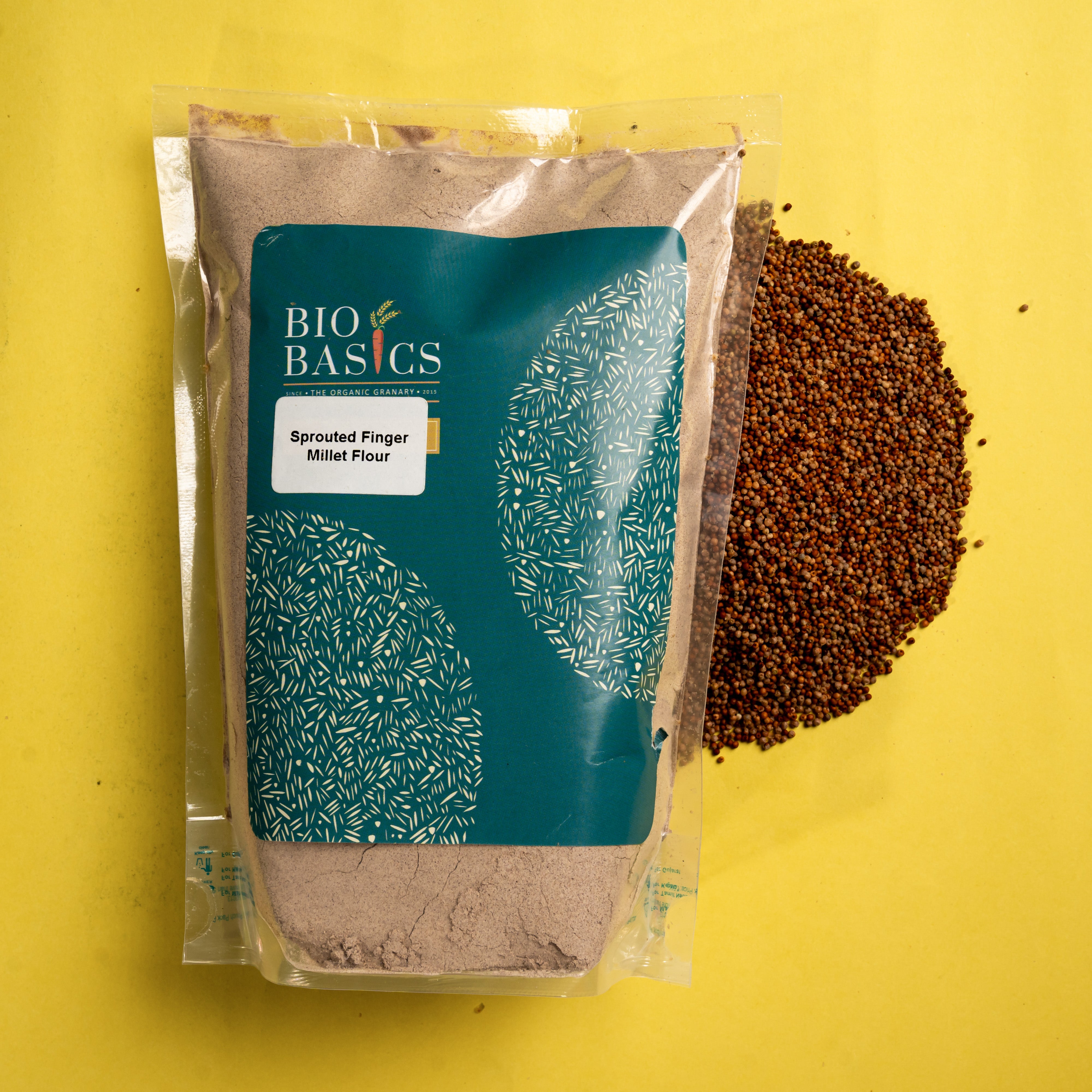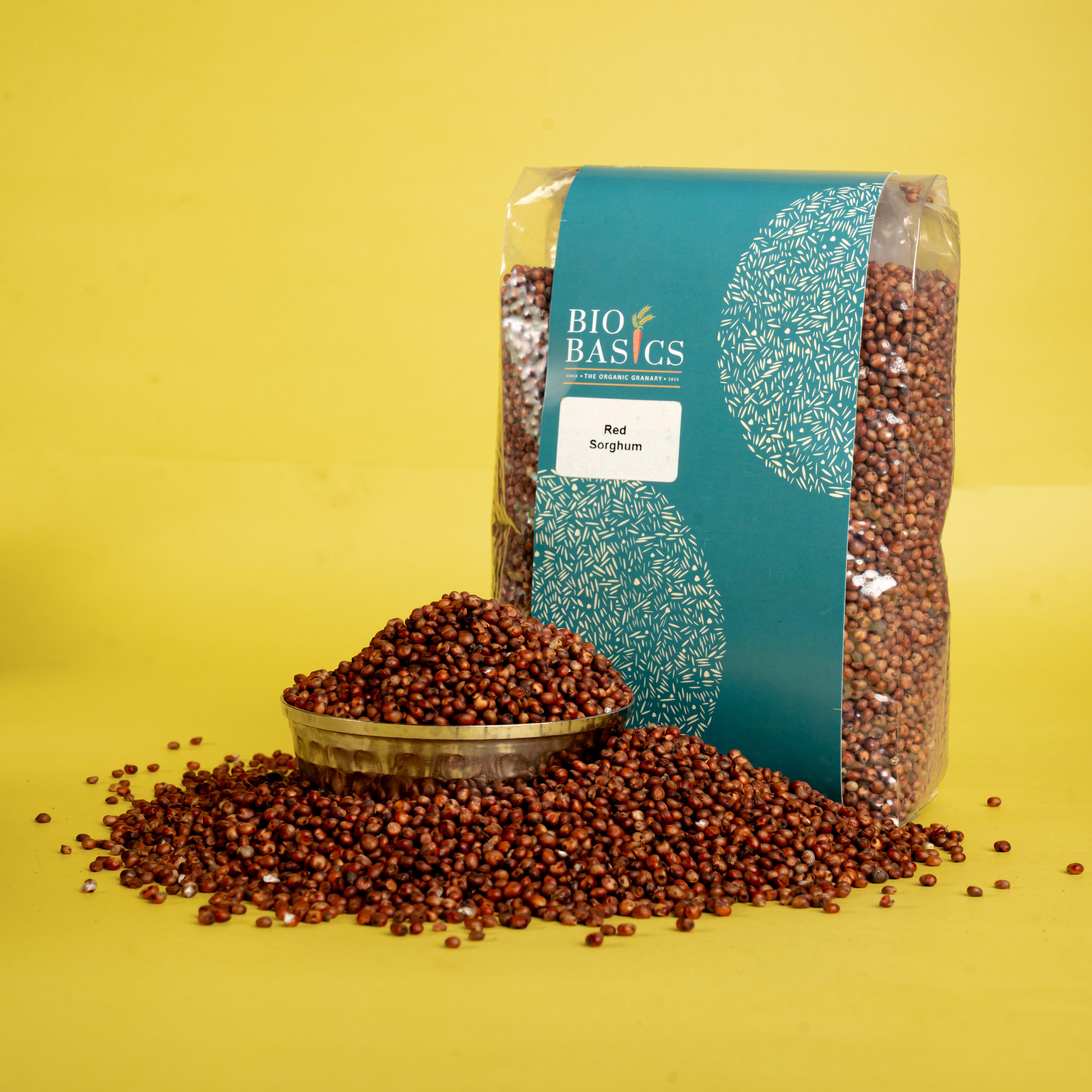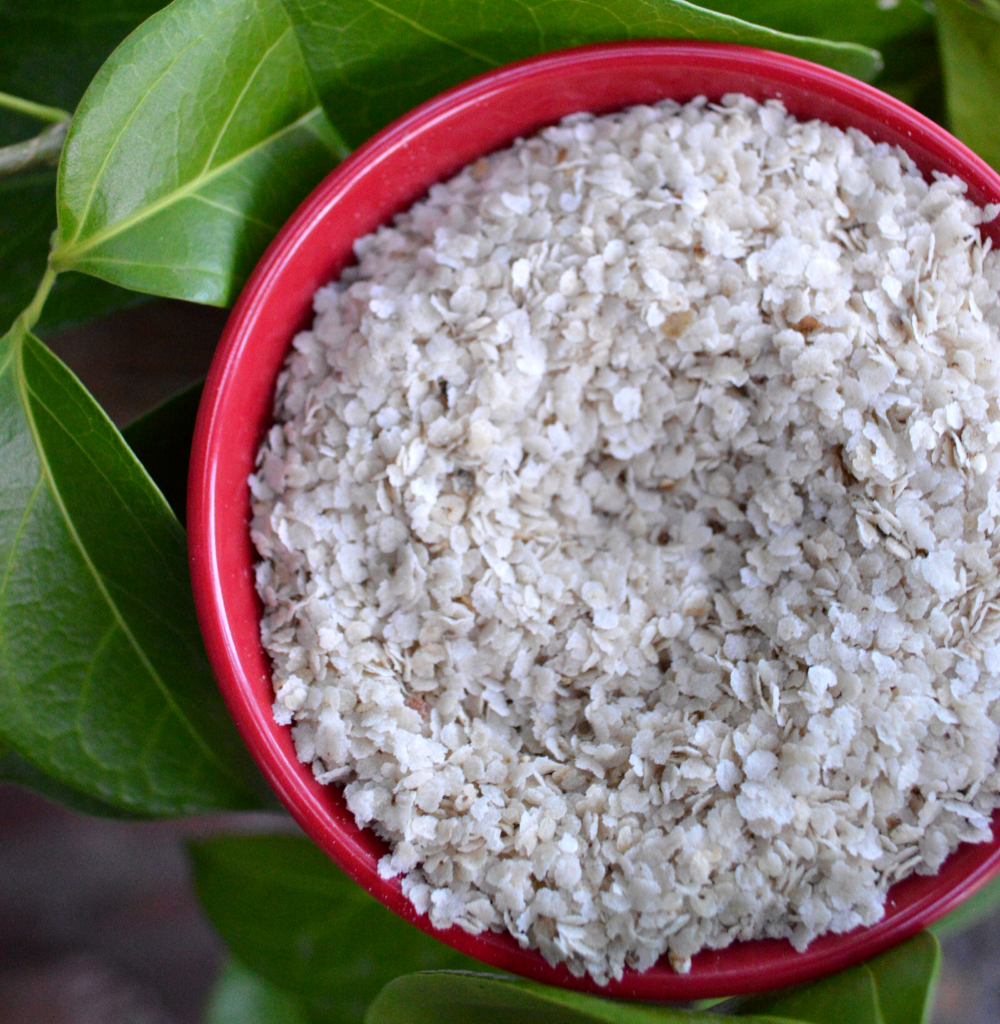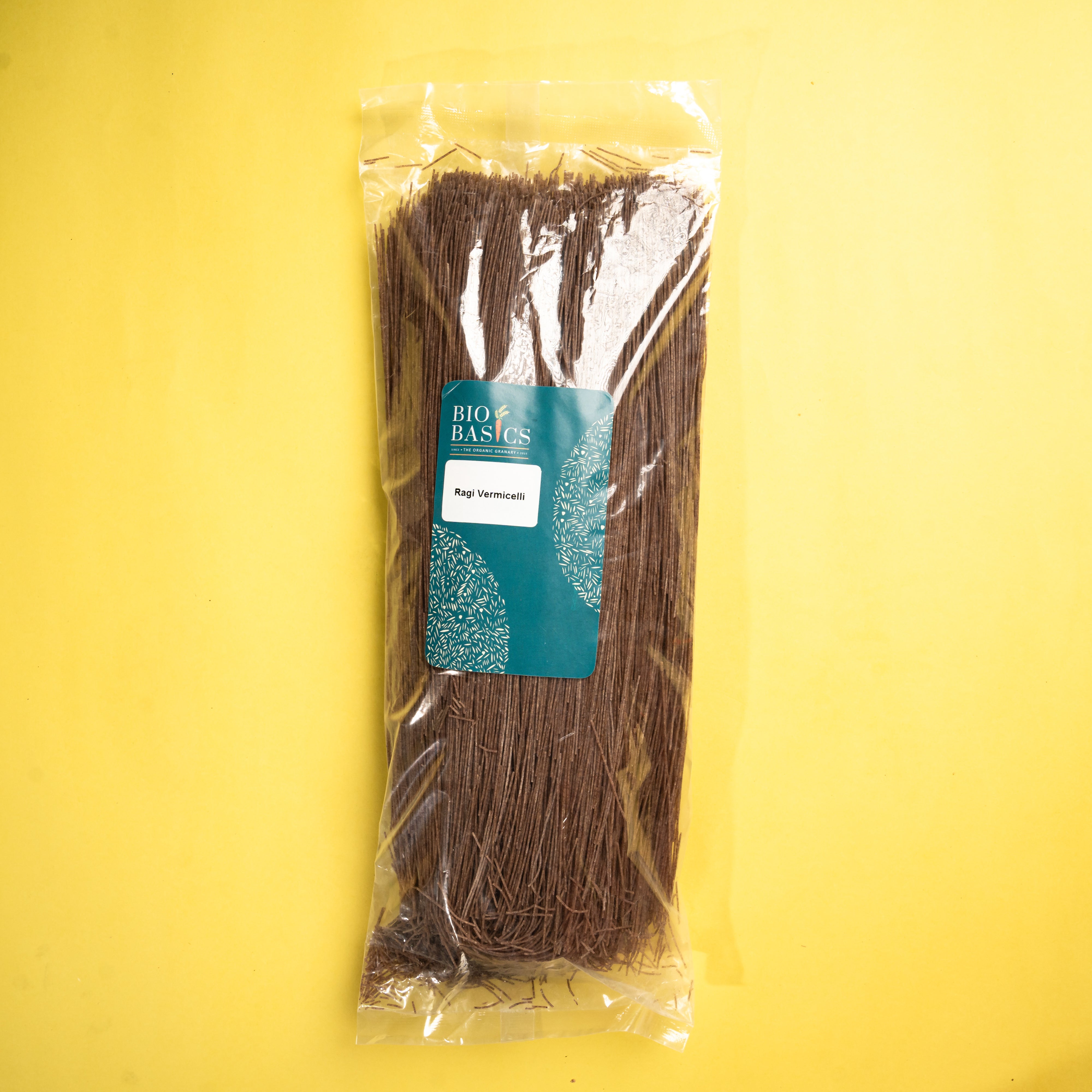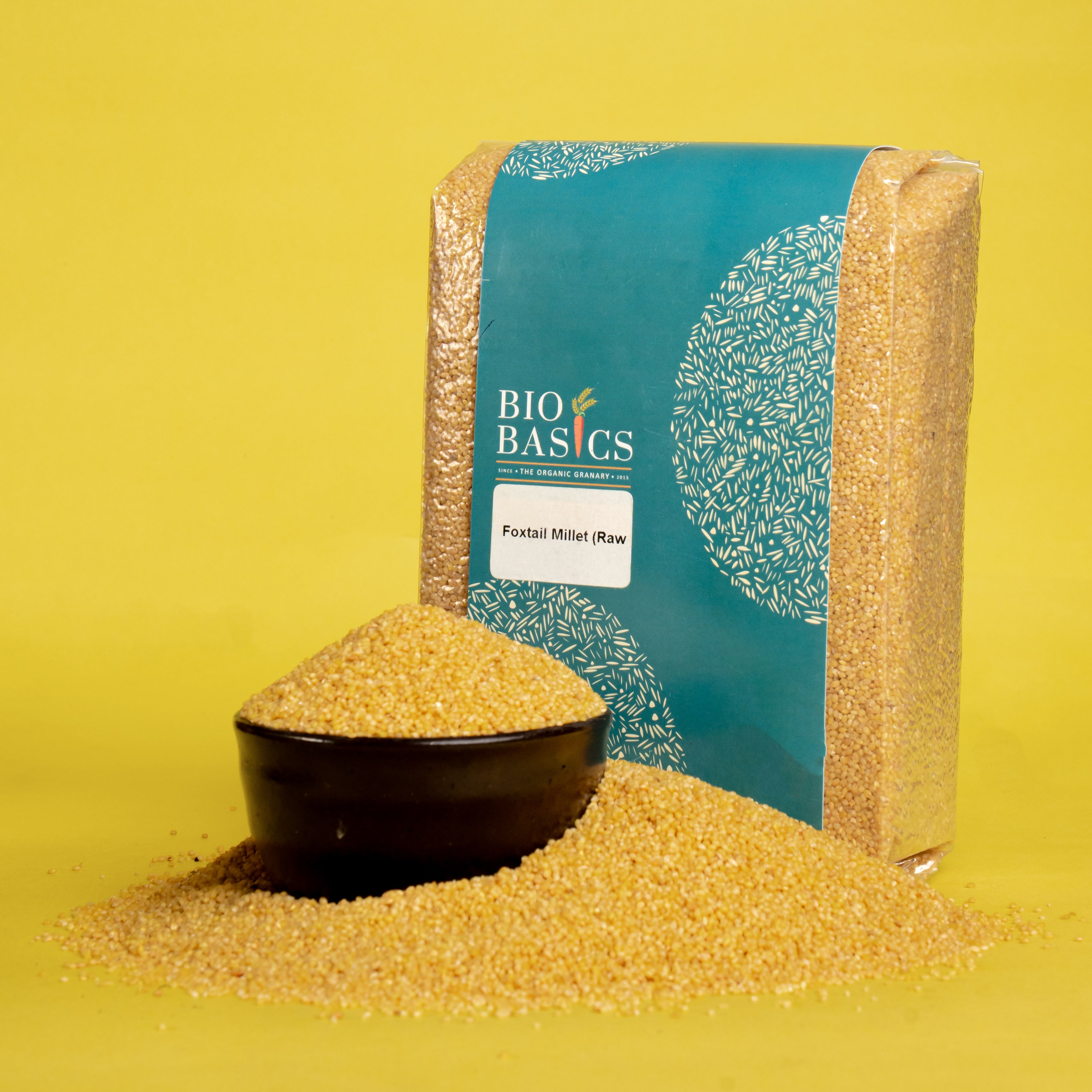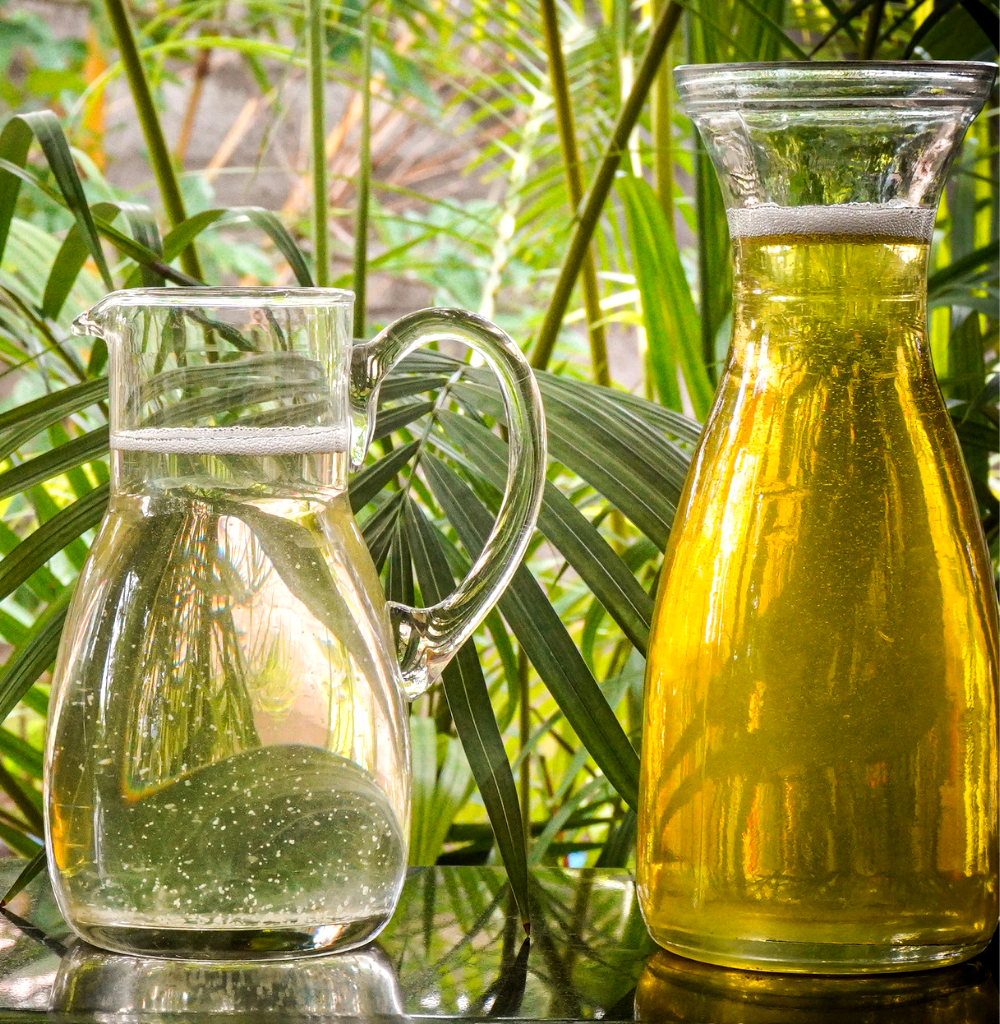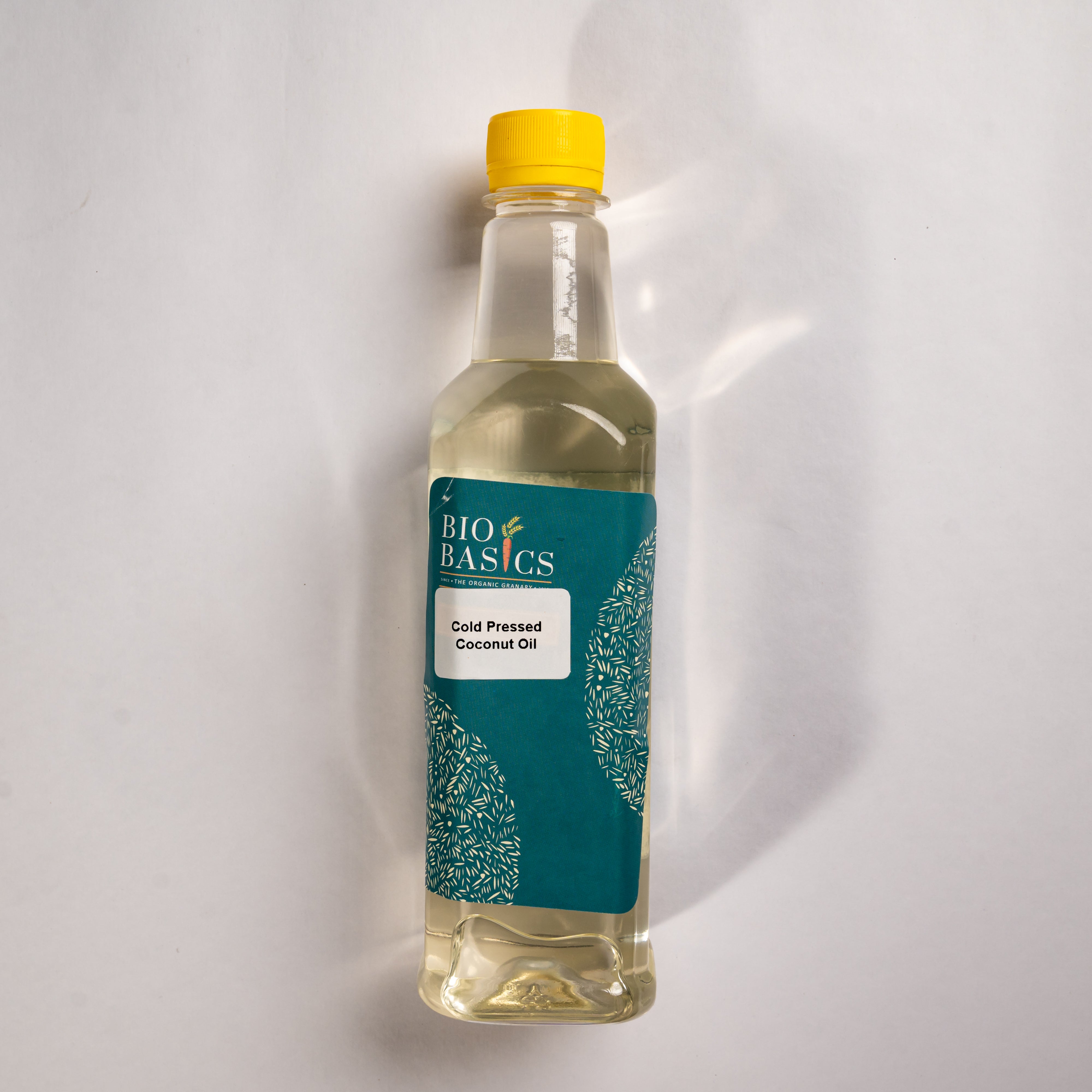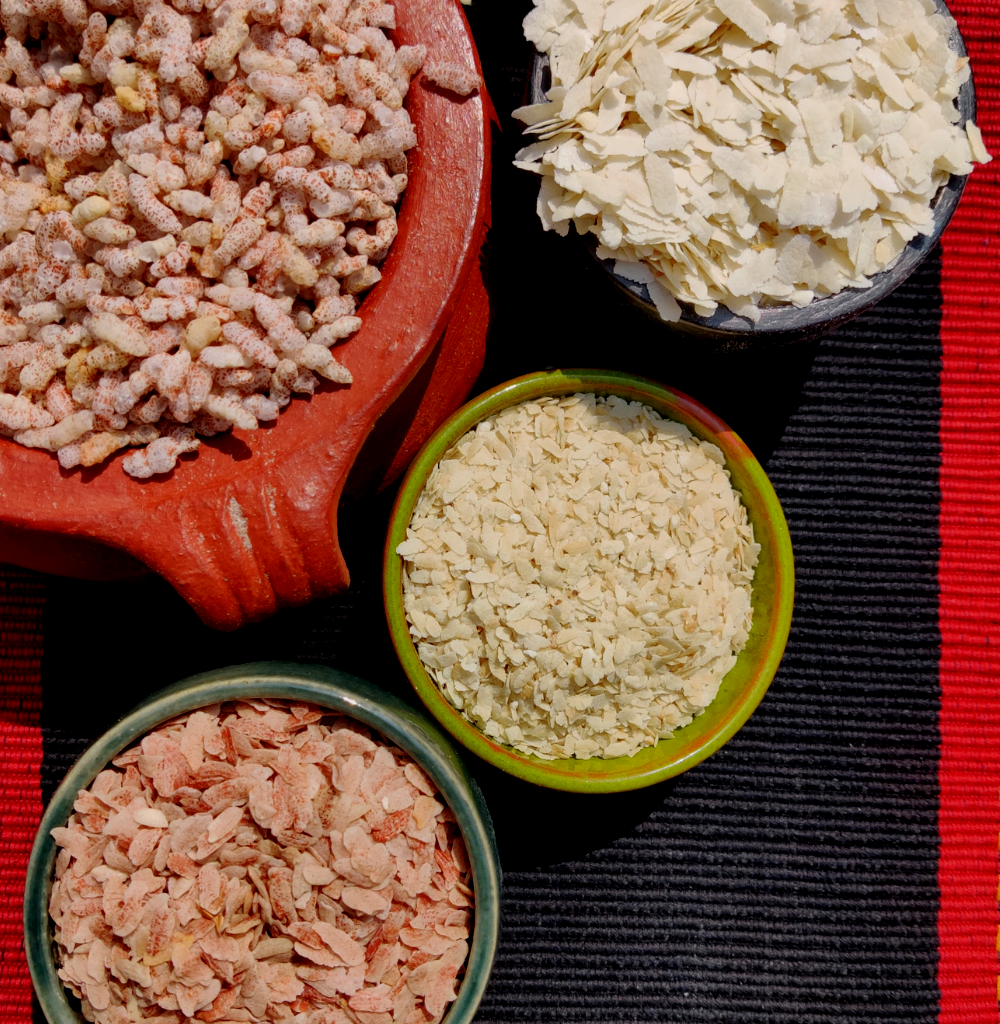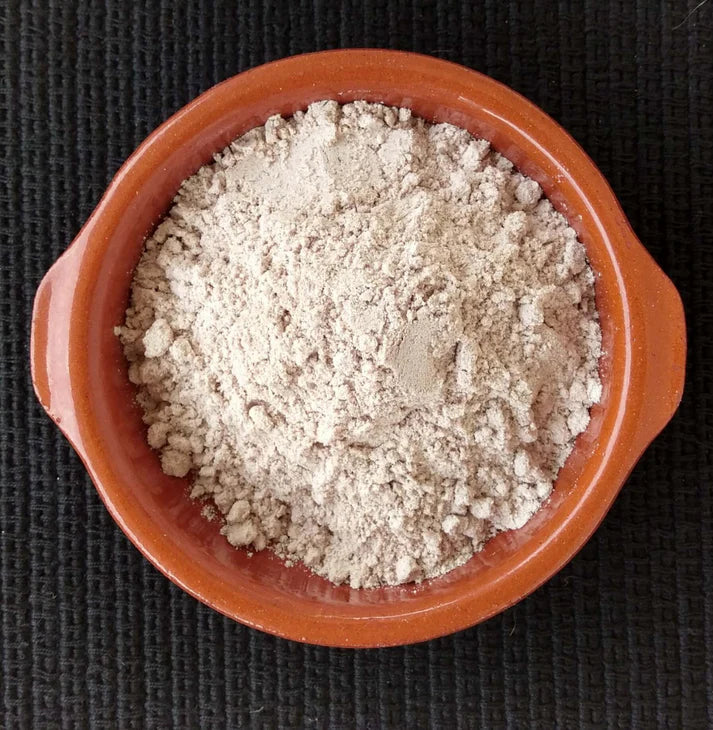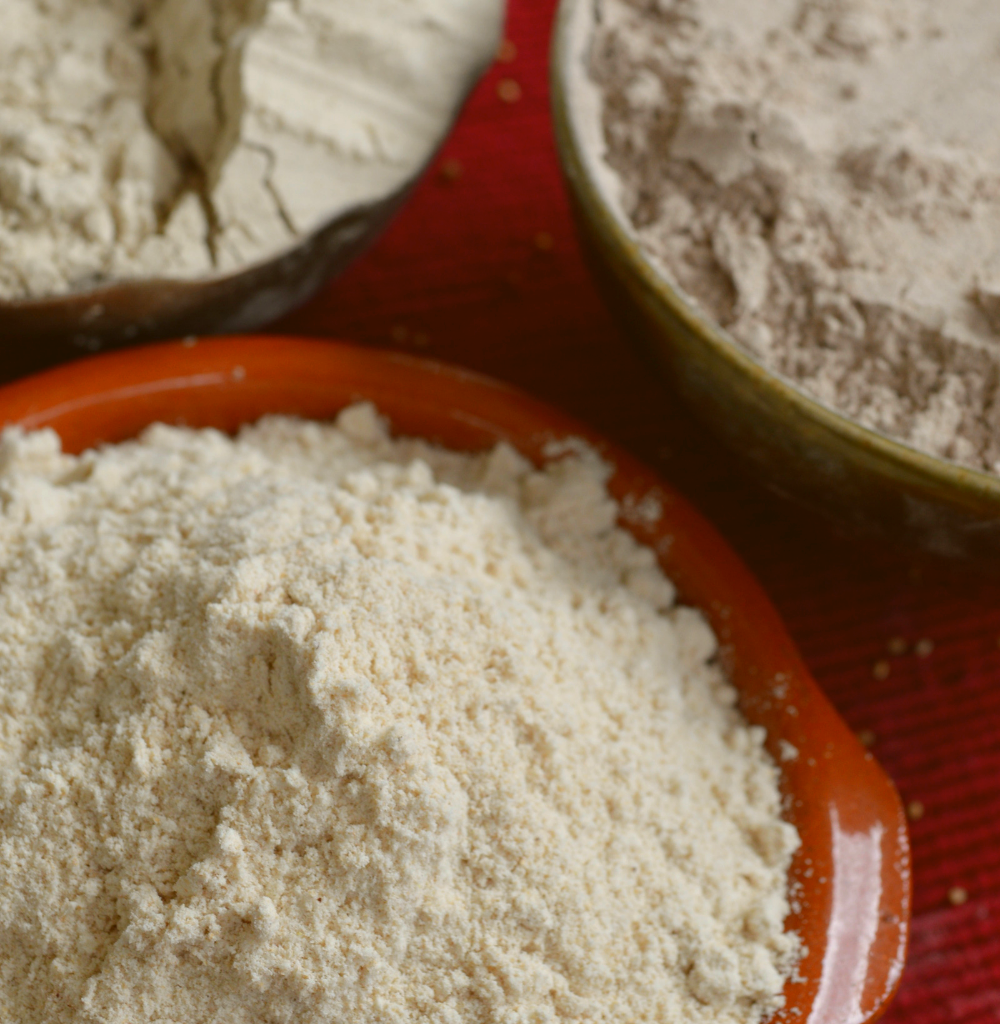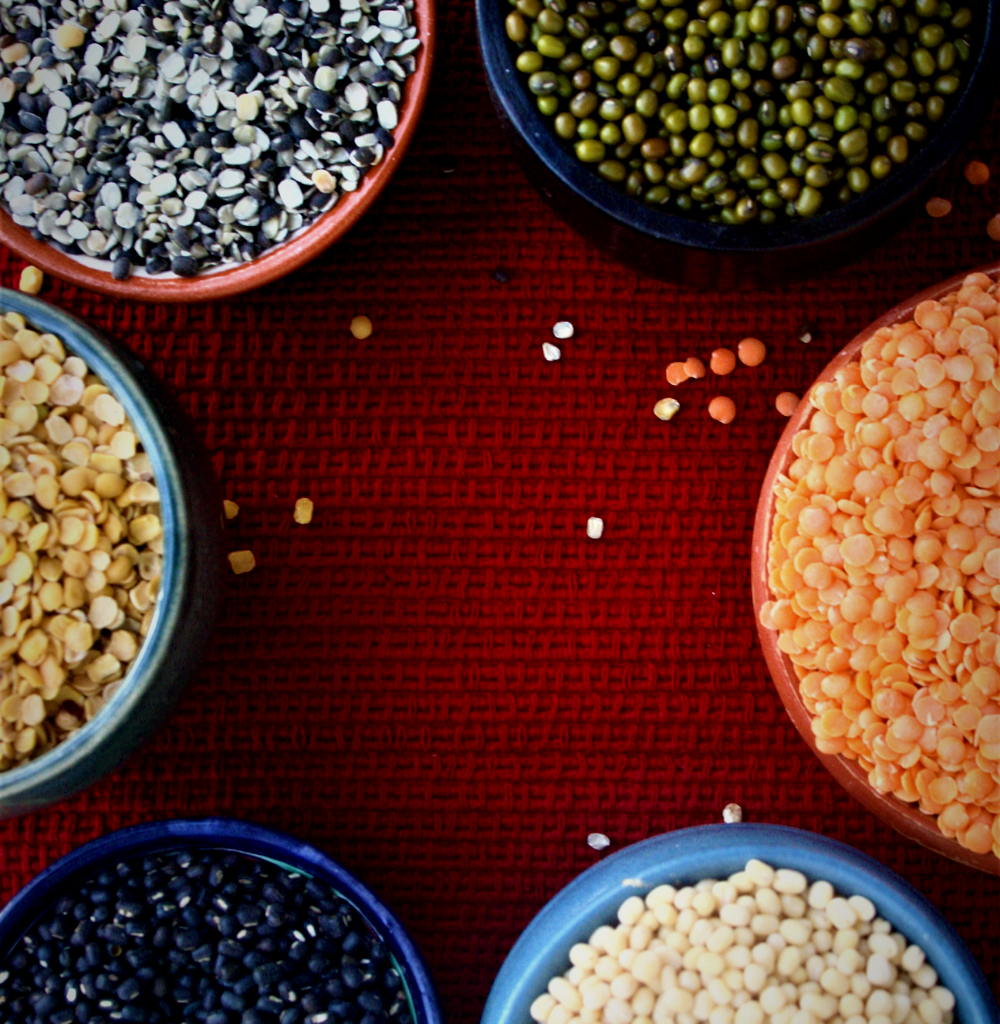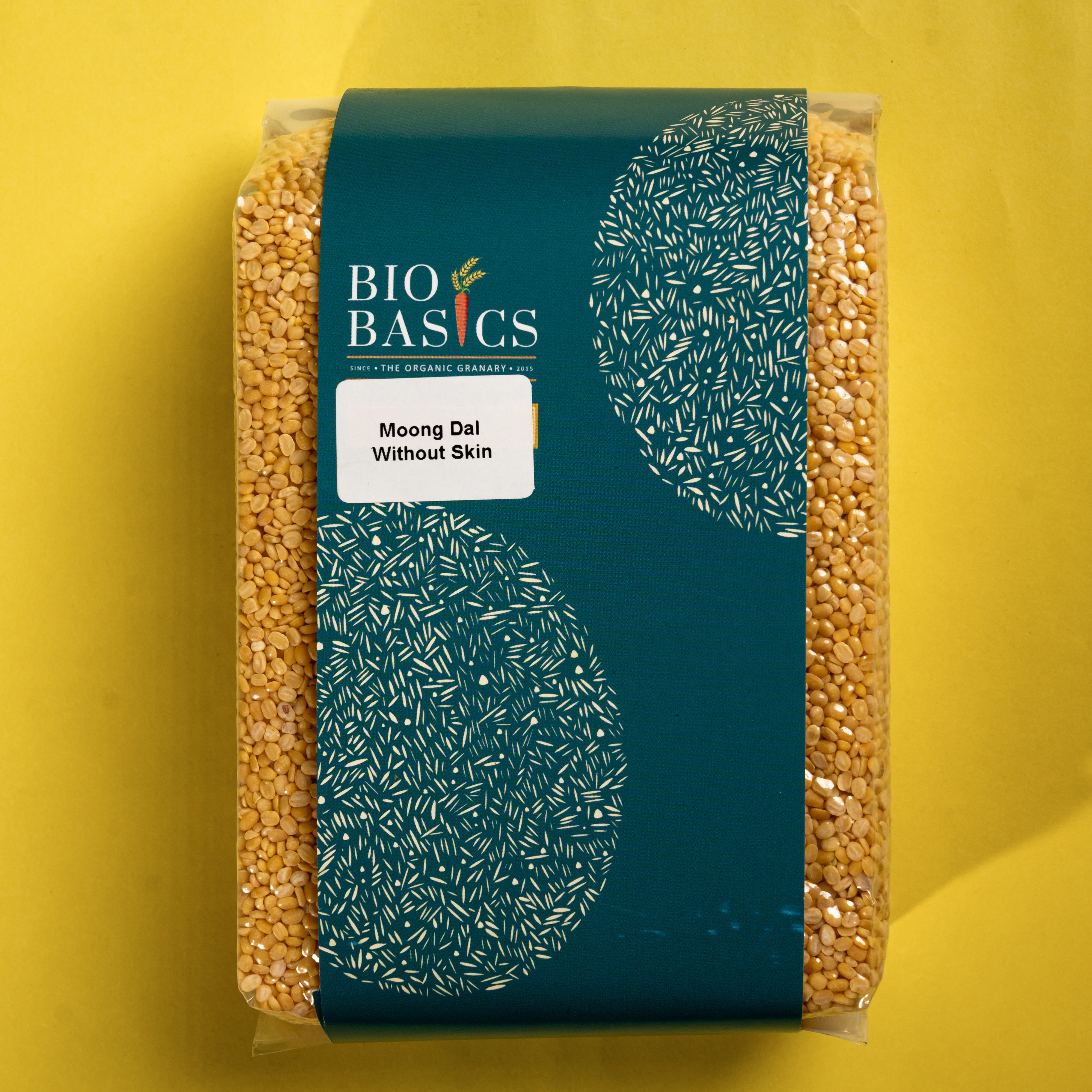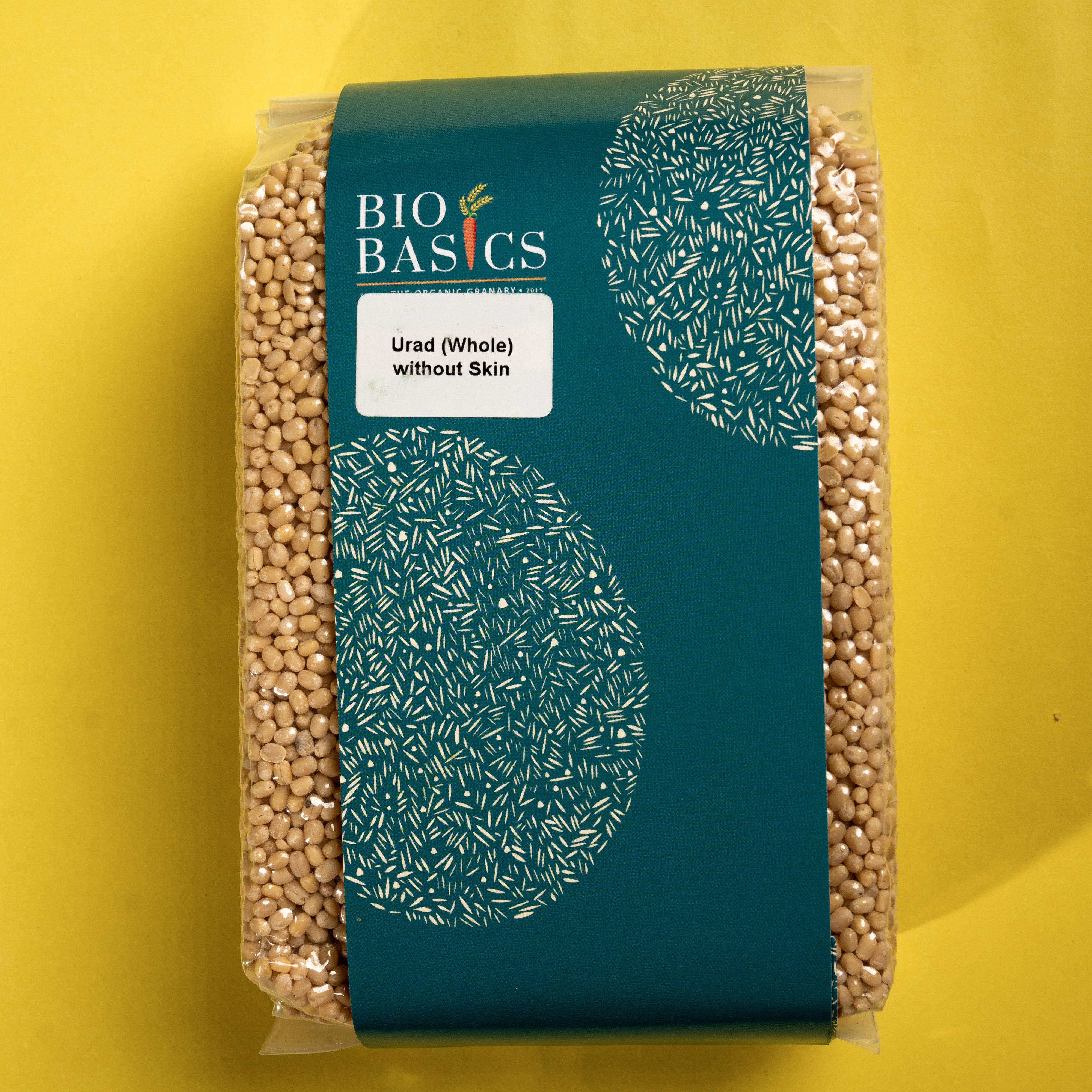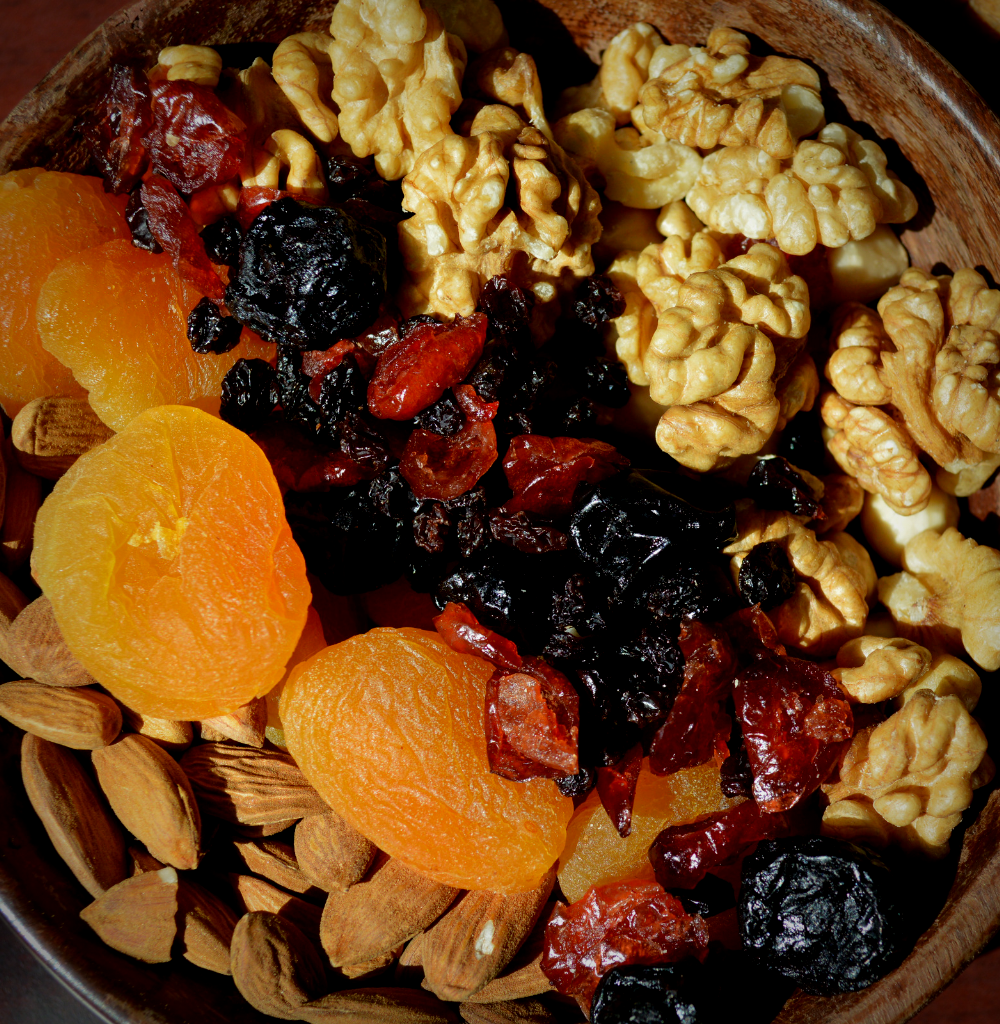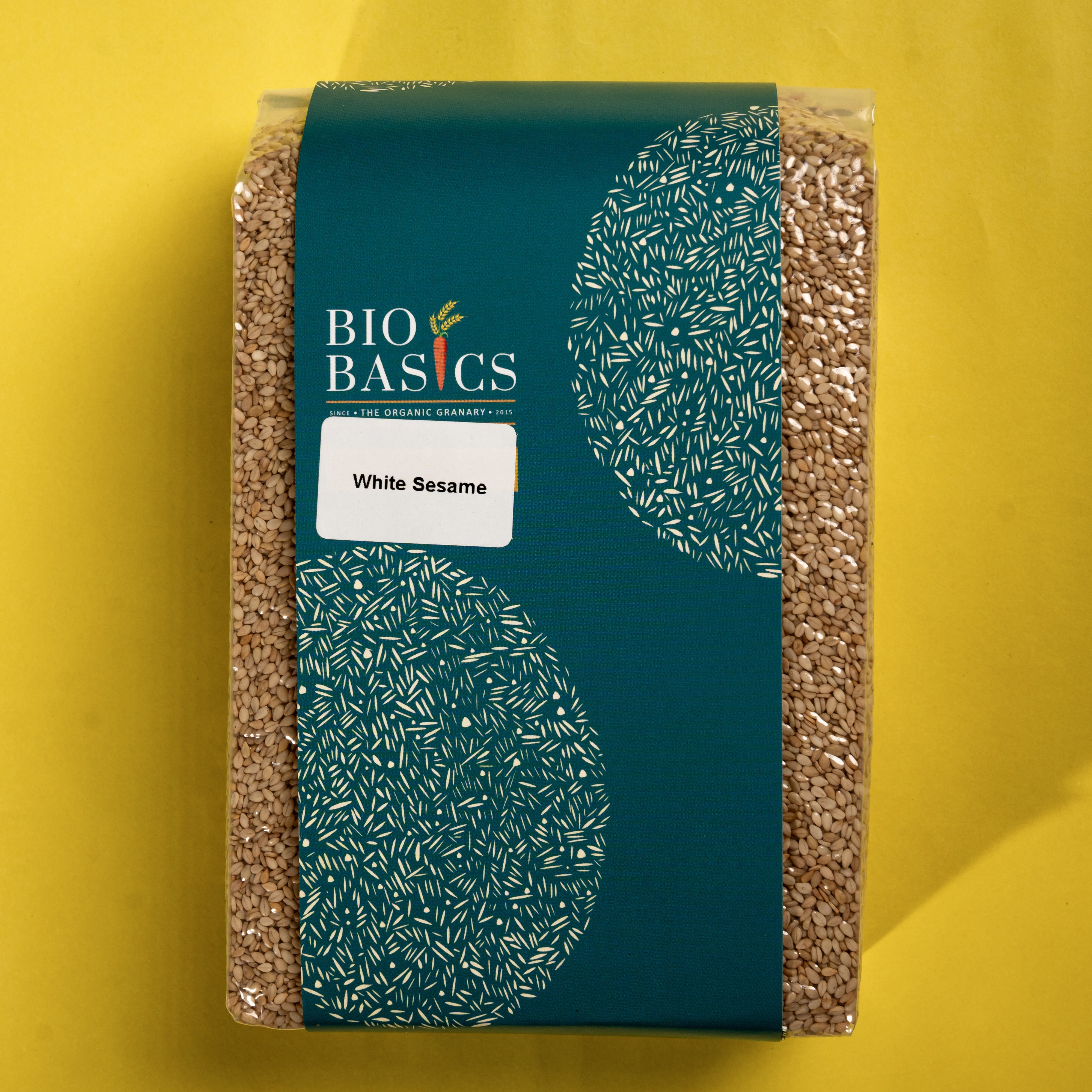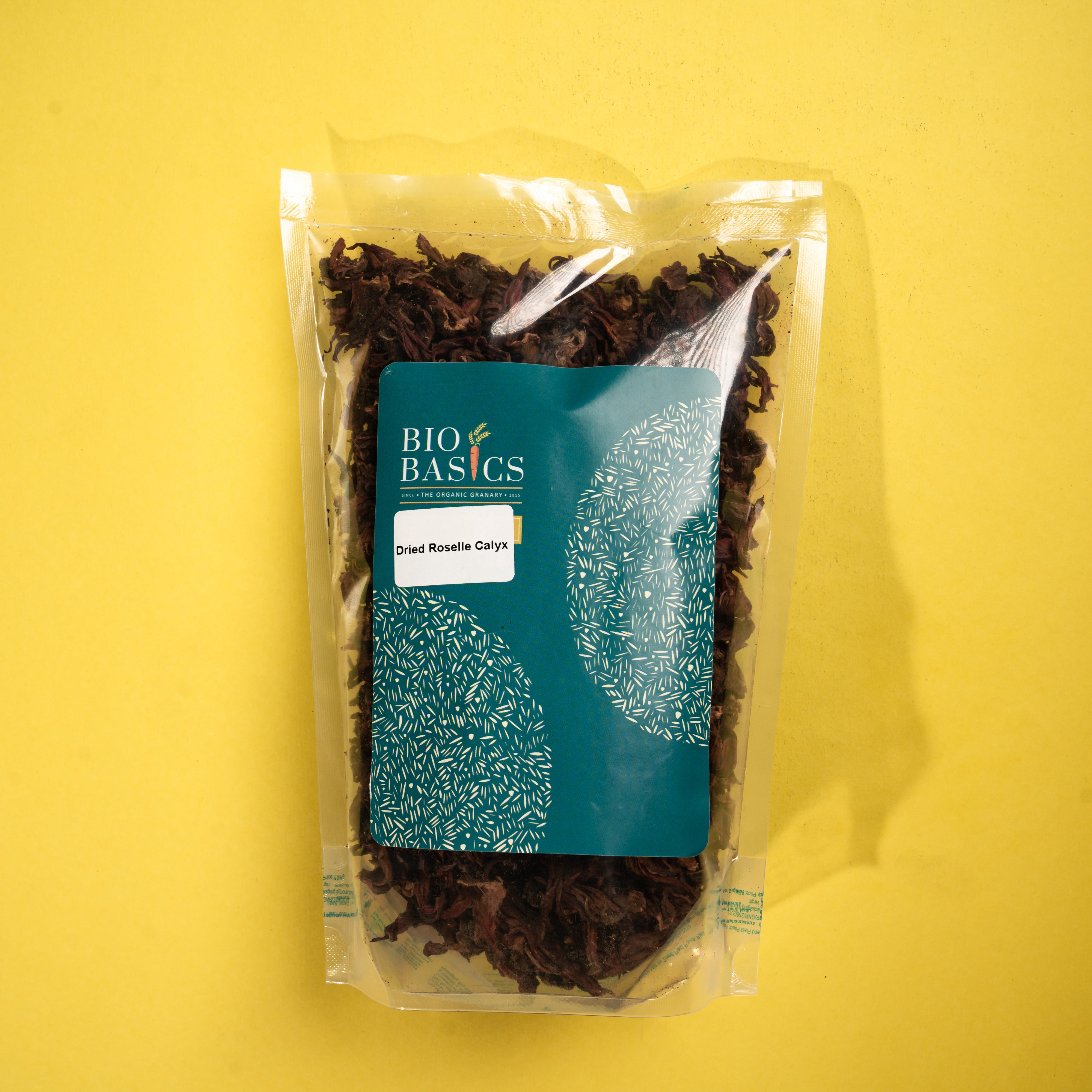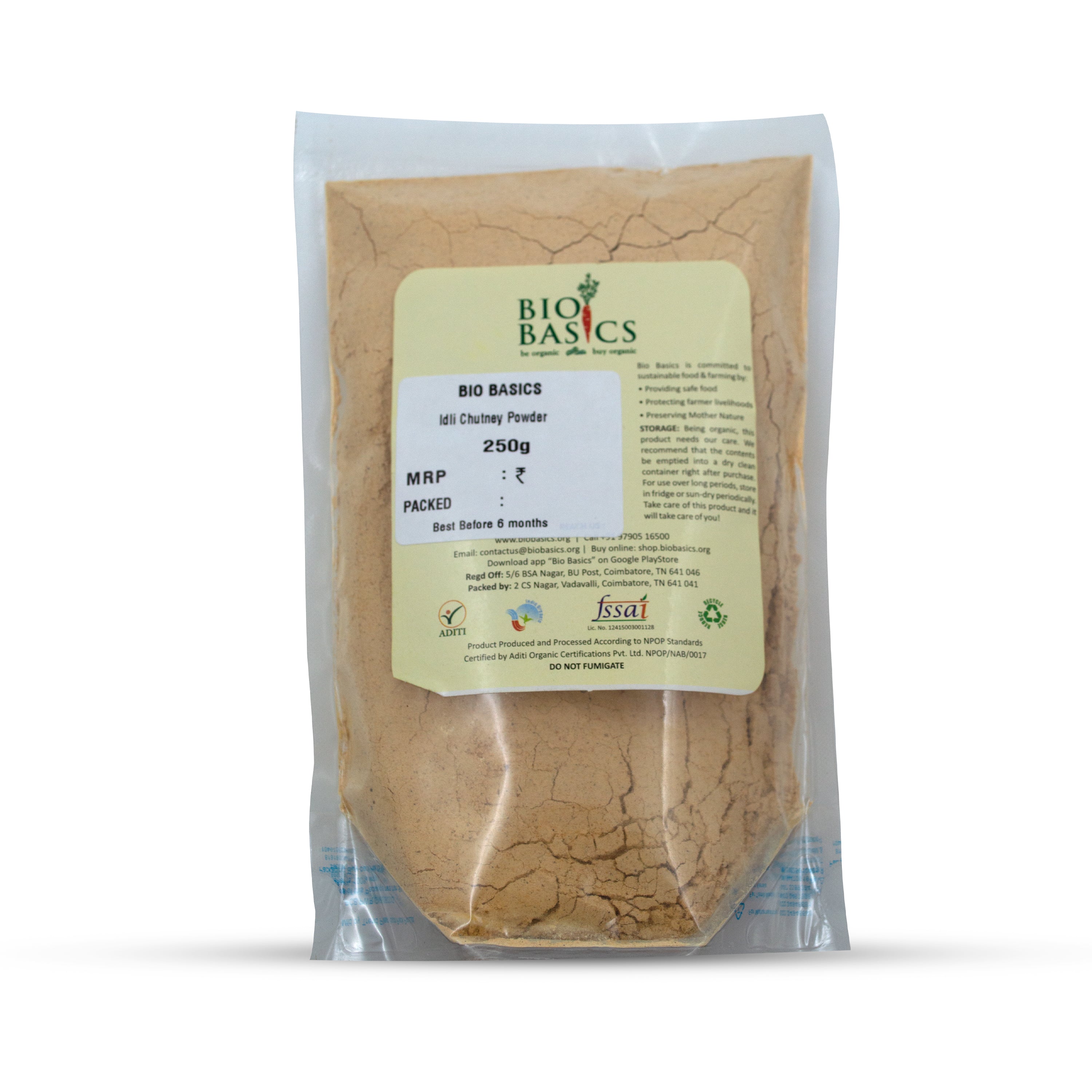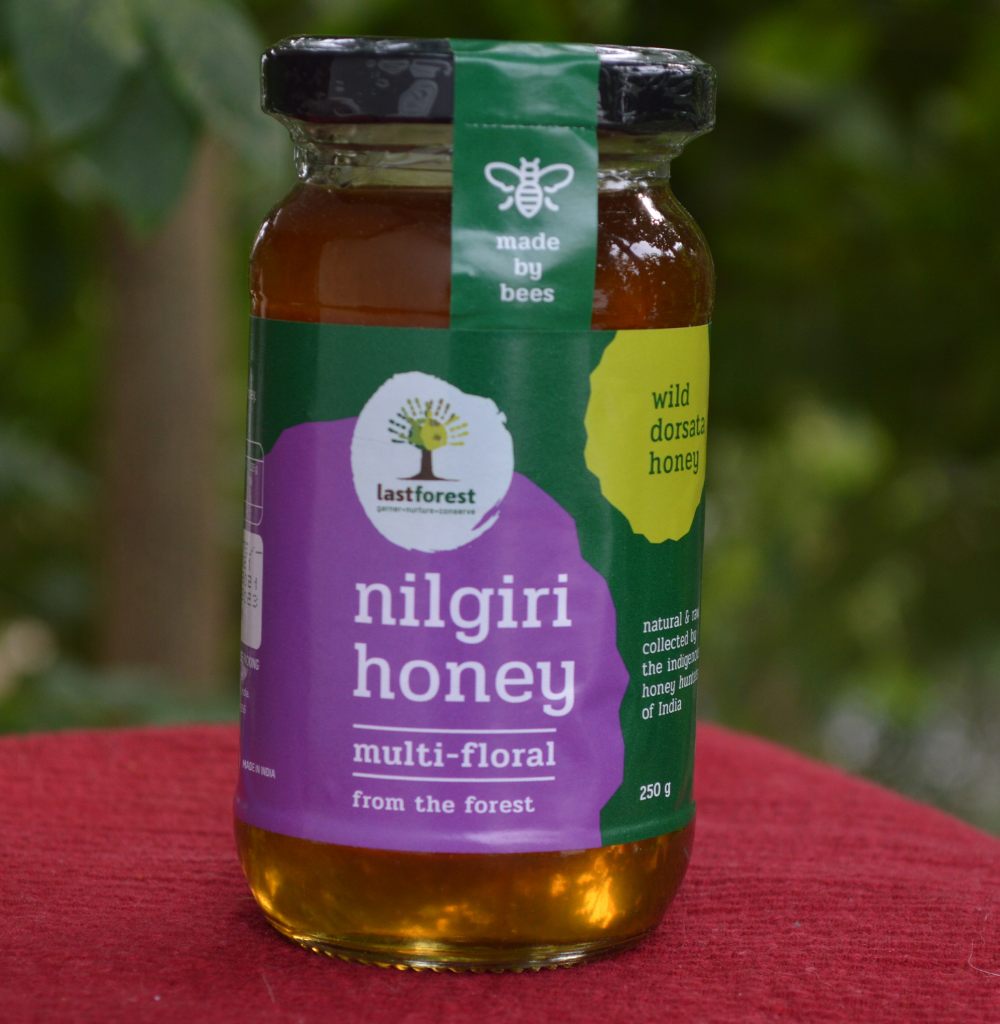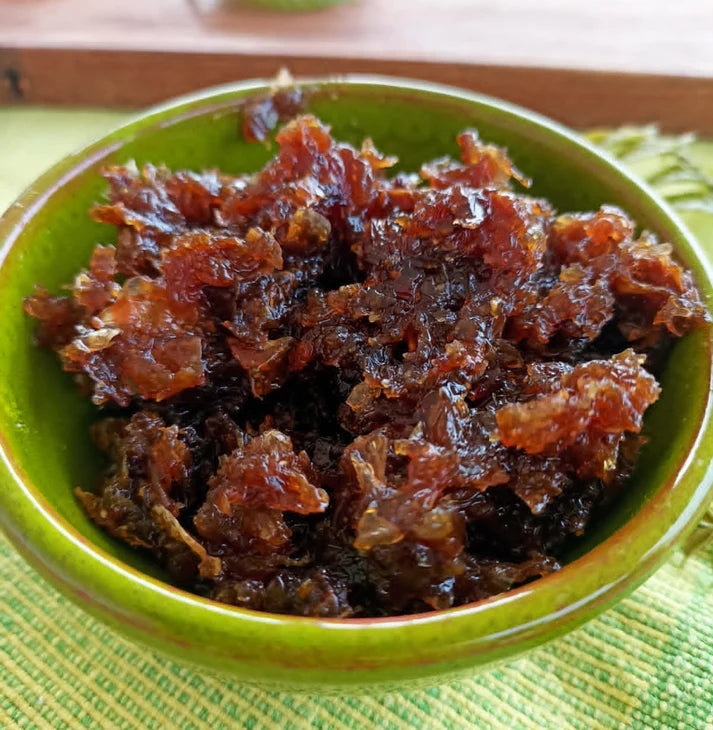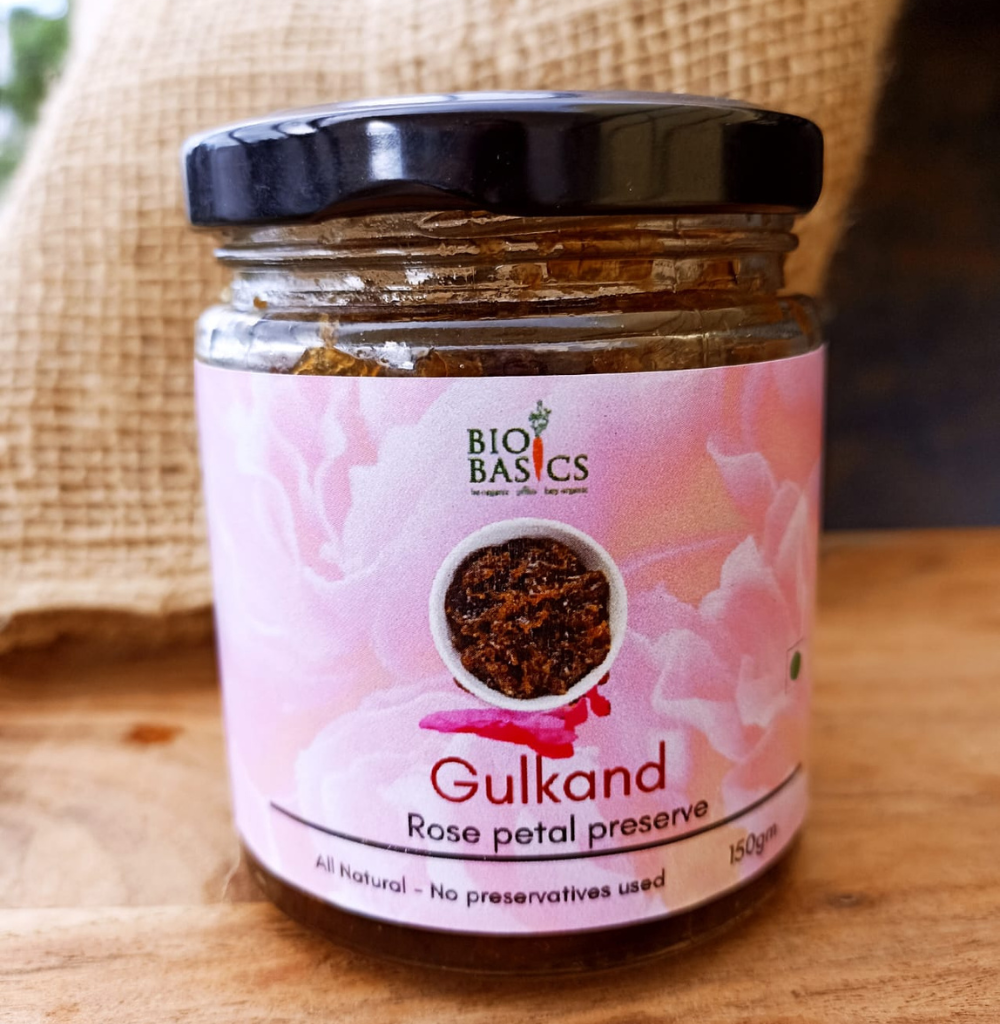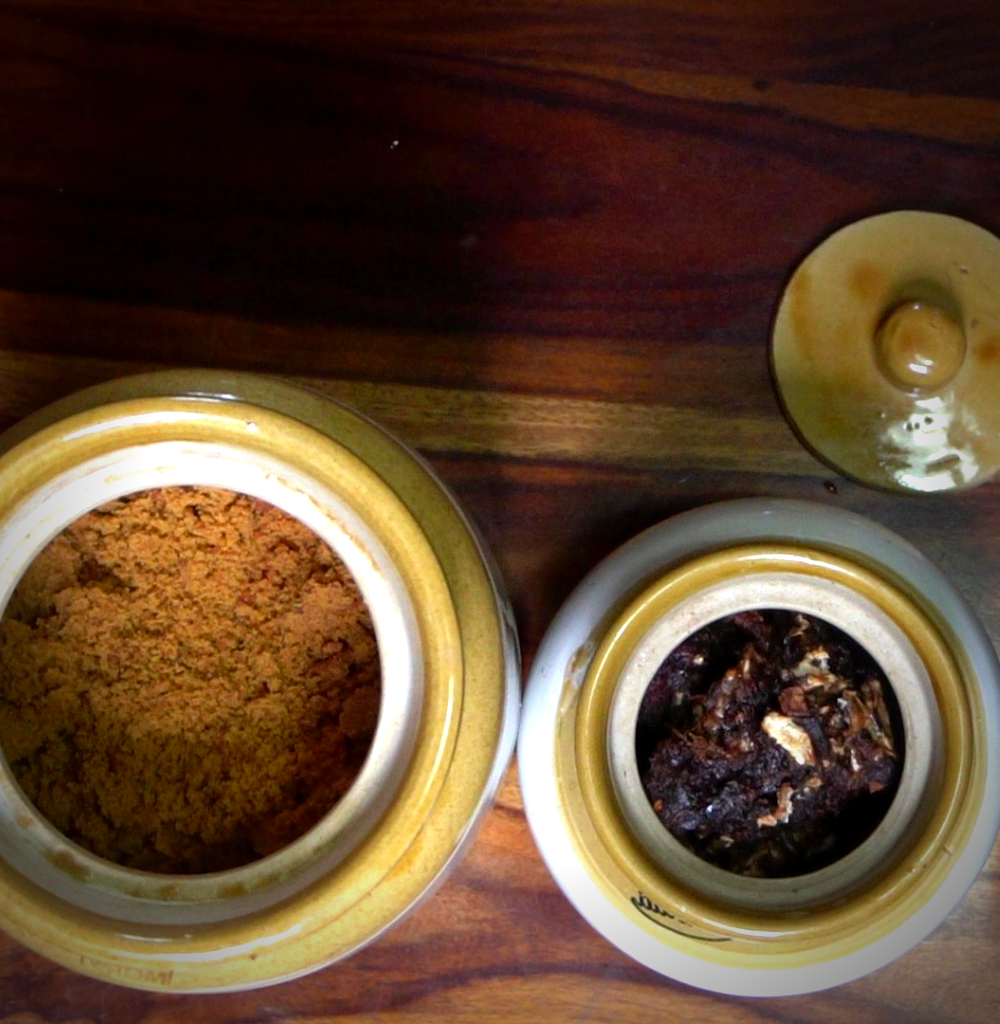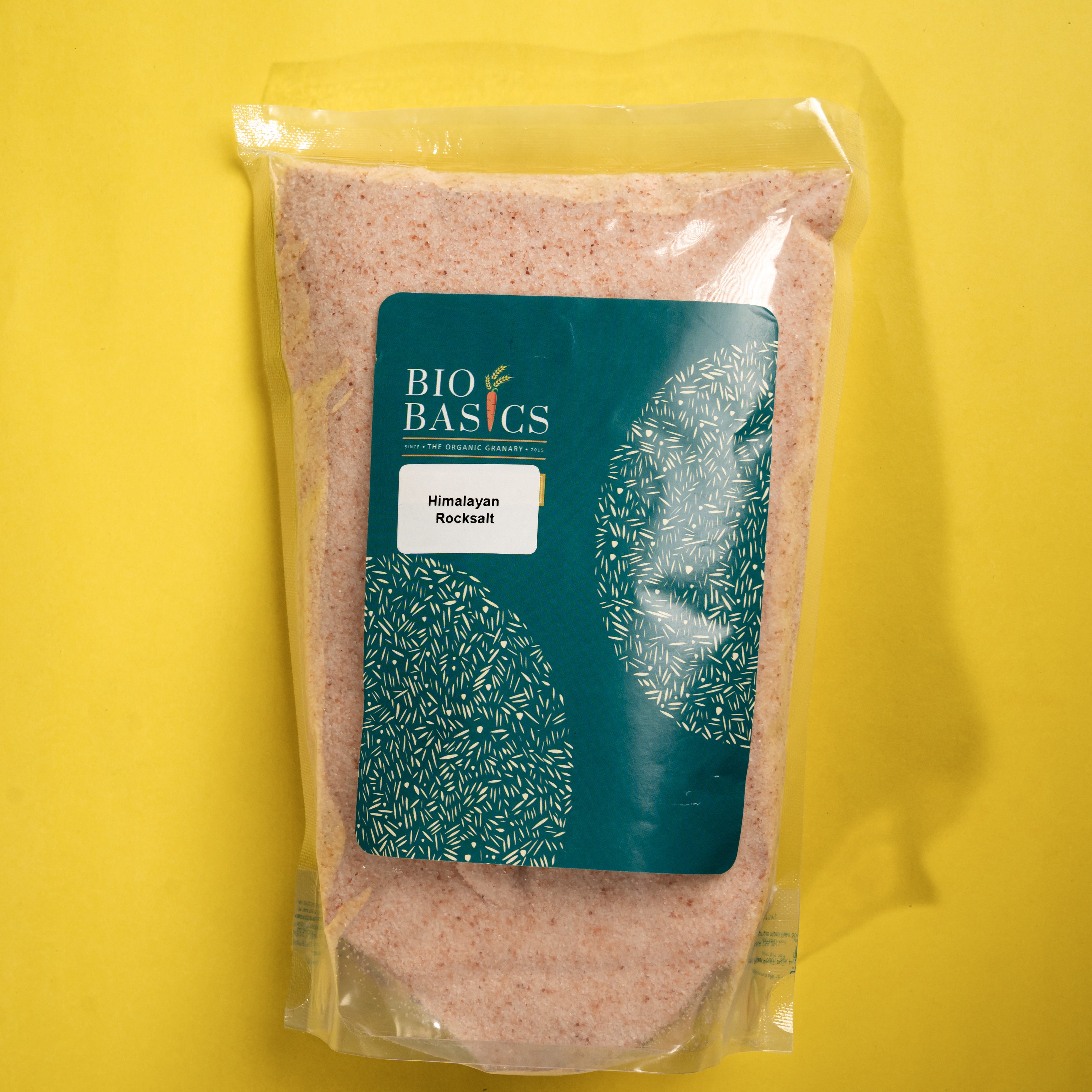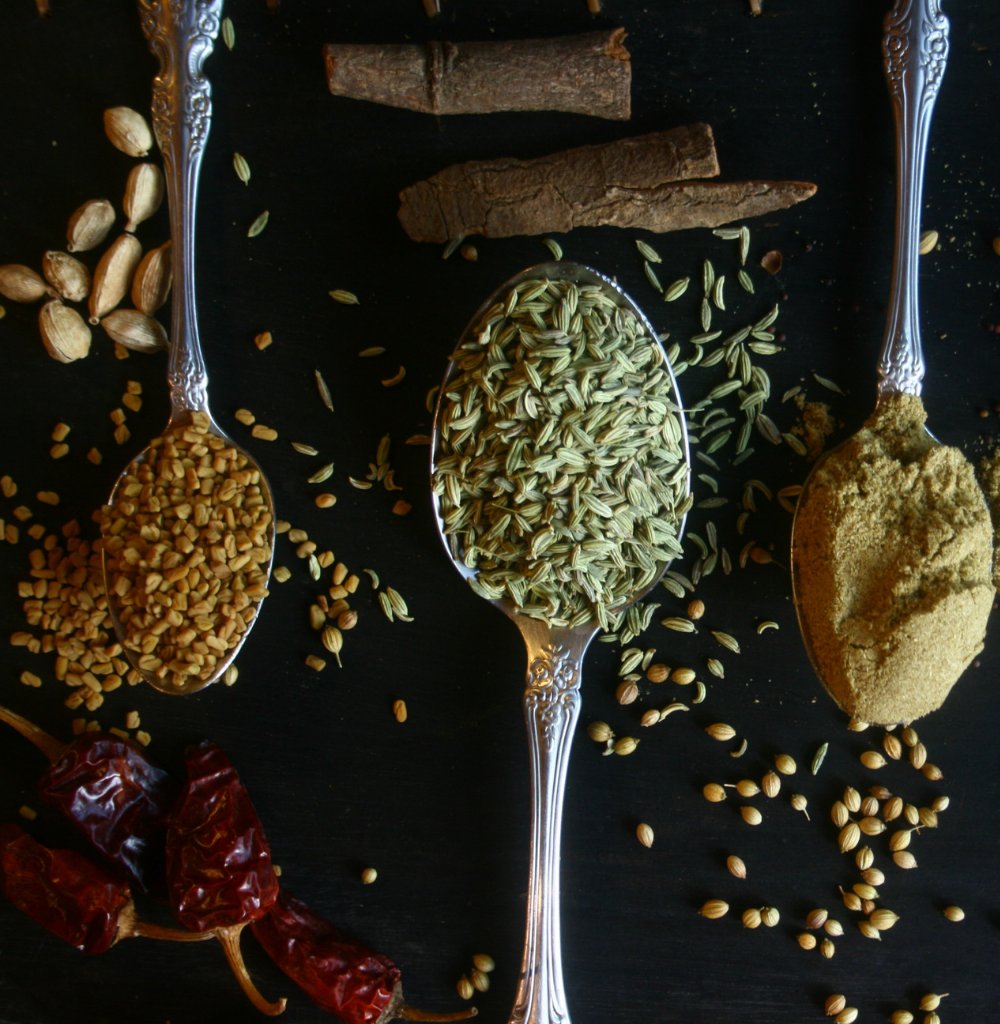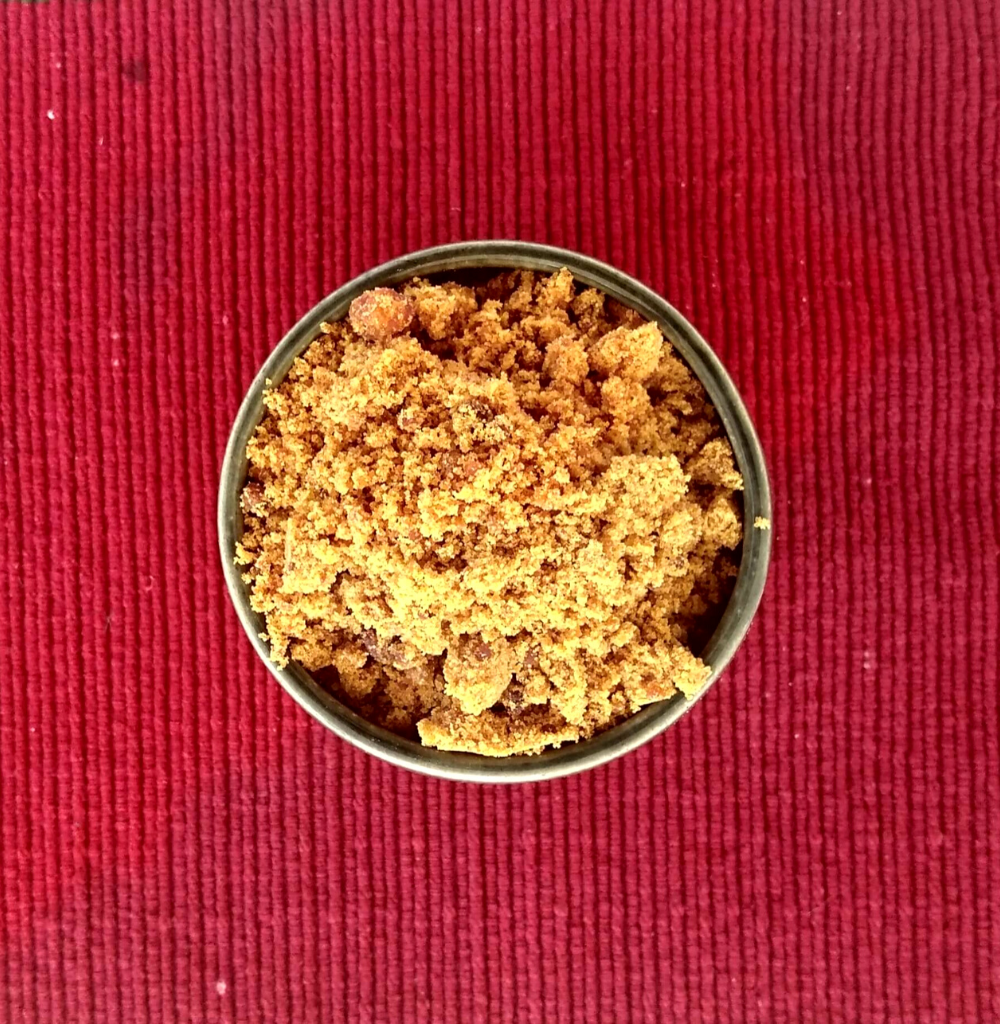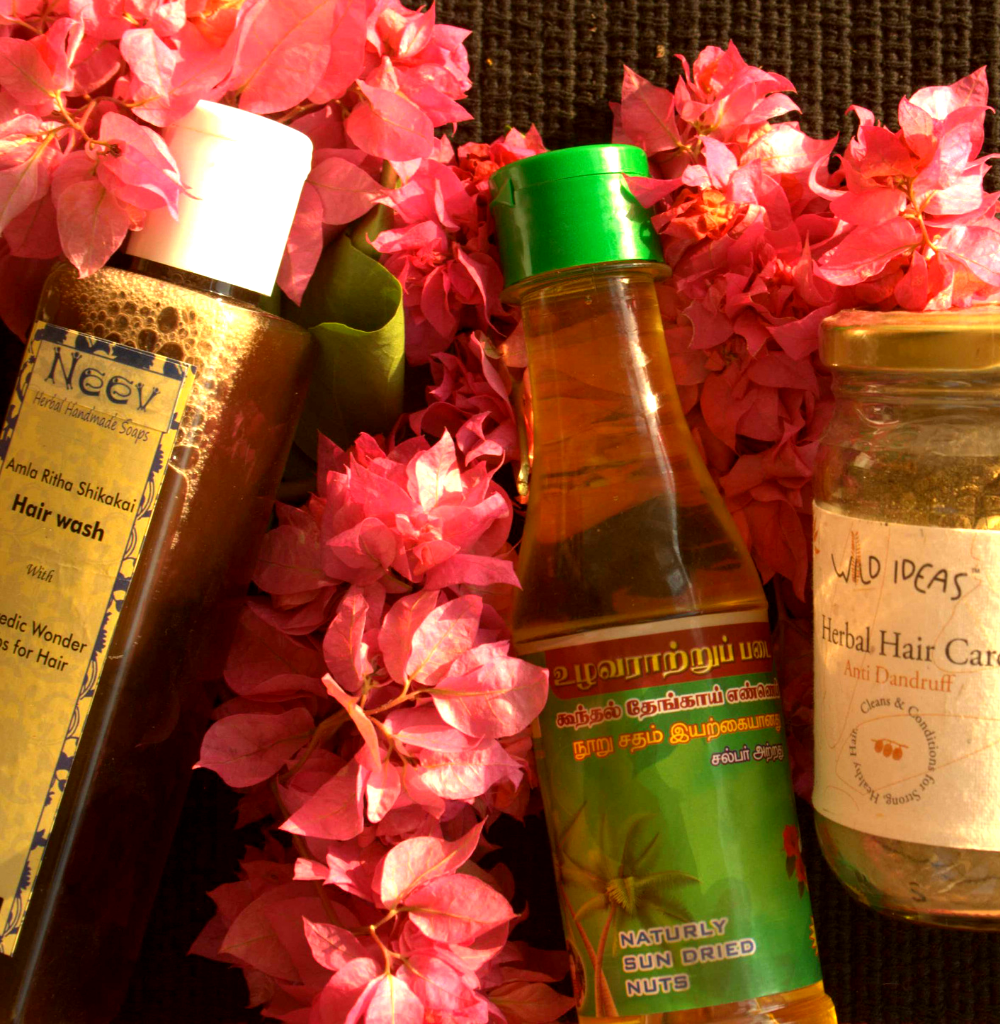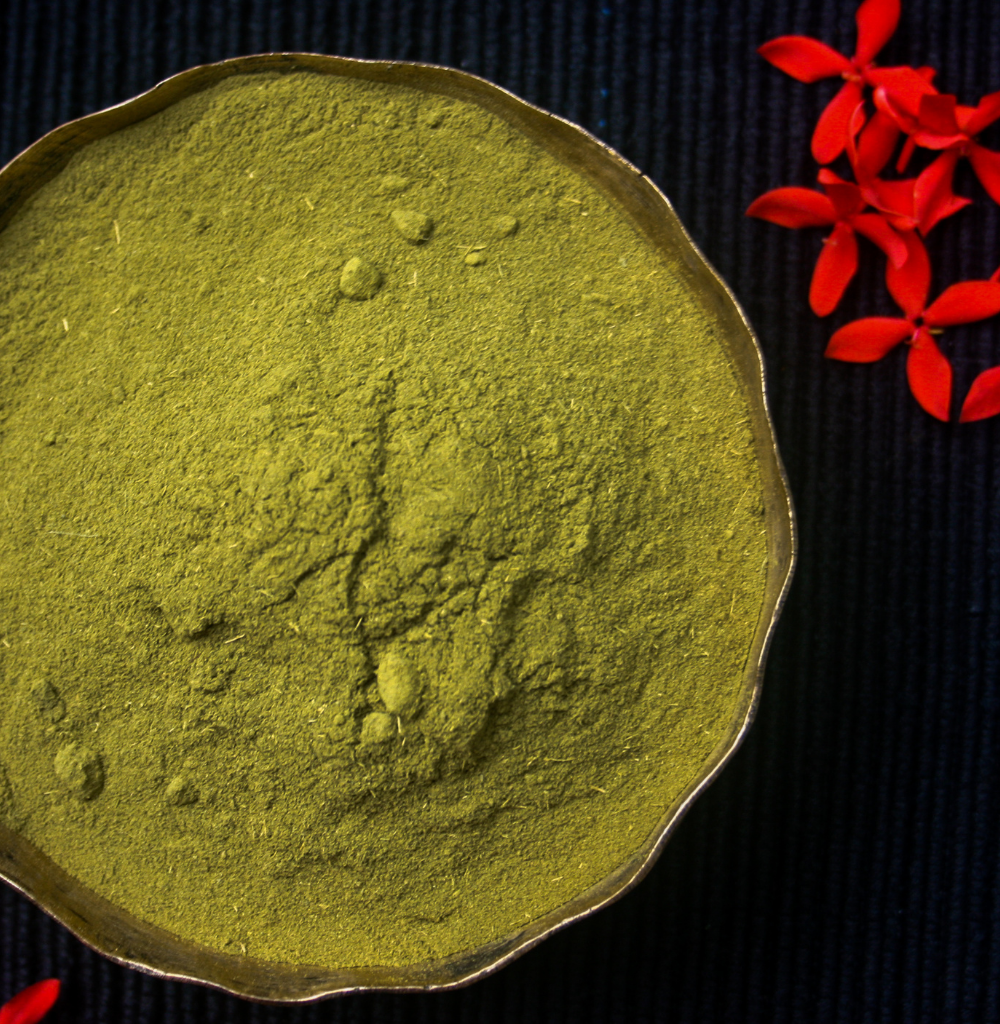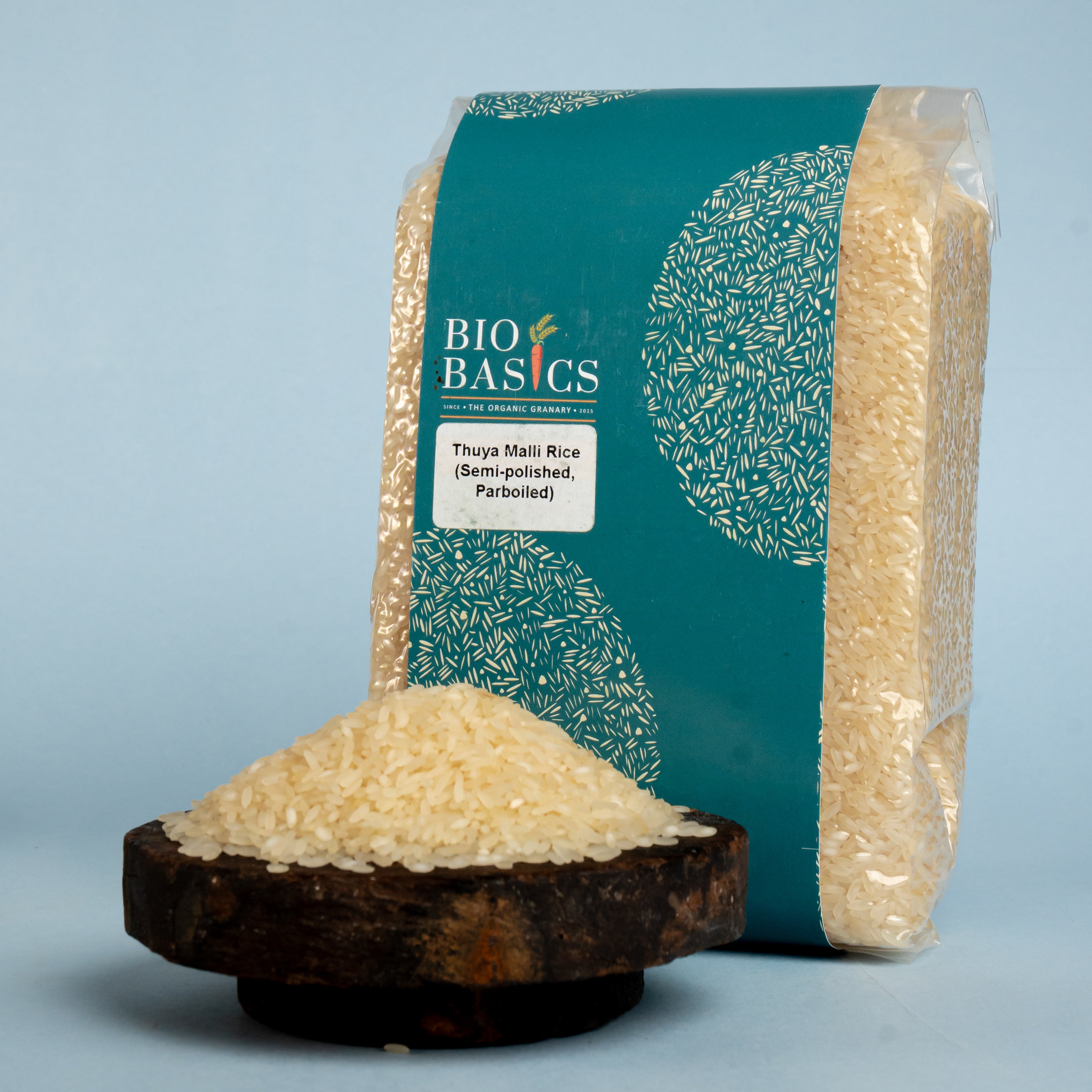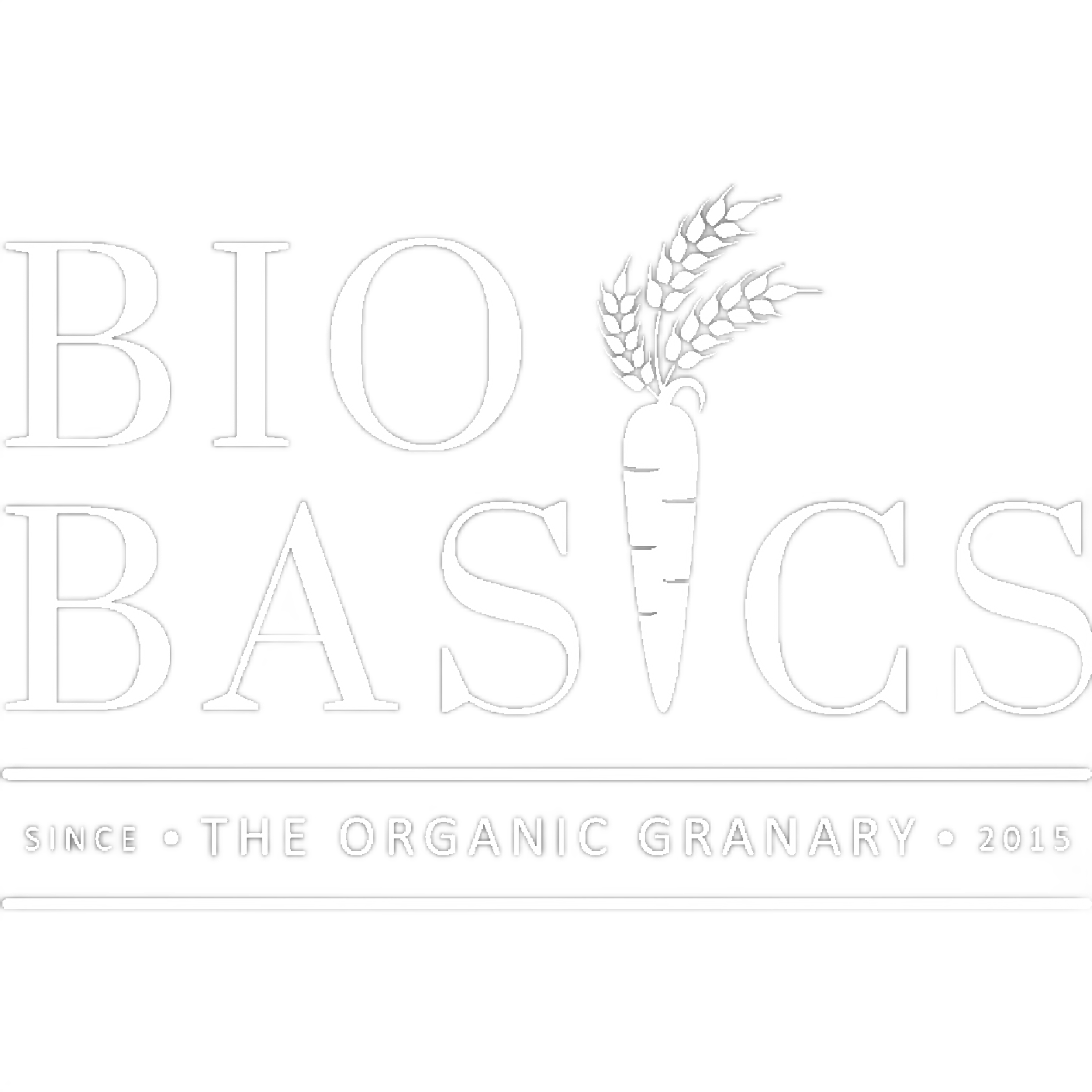The visits to various farms revealed challenges and successes, as the demand for organic food is growing these farmers are receiving requests from chemical farmers; some want to visit their farms and learn how they grow vegetables organically, some others want to market their own organic produce through the group and a few others want to come back to vegetable farming after having abandoned it.
Once in your life, you need a Doctor, a Lawyer, a Policeman and a Preacher but every day, three times a day you need a farmer.
Having said that, the situation is not too great, the going is fairly tough. Even among these committed organic farmers, almost no one wants their children to follow in their footsteps. A contrast to Indian politics where every politician wants his progeny to take over his constituency, role… Clearly, unlike farming, politics is a very promising career option! All the youngsters are studying to become anything but farmers. This is in many ways the result not only of faulty policies but also a reflection of what we, urbanites with buying power, are willing to pay for food. We want cheap food, I wonder how many of us actively think that what we pay for vegetables has to feed families, educate children, pay for healthcare and many more necessities. And if we do not provide a fair price, the farmer can’t continue to grow food.

The other notable omission that strikes me is the lack of women farmers; be it in organic farming or chemical farming. Since farming became a commercial activity women have ceded power to men, the latter take the decisions, control the farms. At the same time many non-commercial farms we still see women at the helm. If women had continued to steer farming would we have fewer chemicals, more care? Less commerce, more community?
Our meetings with the farmers revealed that chemical use (insecticides, fungicides, weedicides) is rising in conventional farms on crops ranging from potatoes to greens to chillies to cabbages and pandal kais ( all the gourds) which are drowned in pesticide sprays. The disappearing water table, the problem with seeds, weeds, labour and prices.
Farming is incessant, as incessant as our appetites. Even on that meeting day, the farmers had to rush off to harvest, water, prune or pack. The farmer has almost no holidays and no respite…While we enjoy our food let us not forget that eating is an agricultural act. Every one of us is connected to a farmer every day, three times a day!
